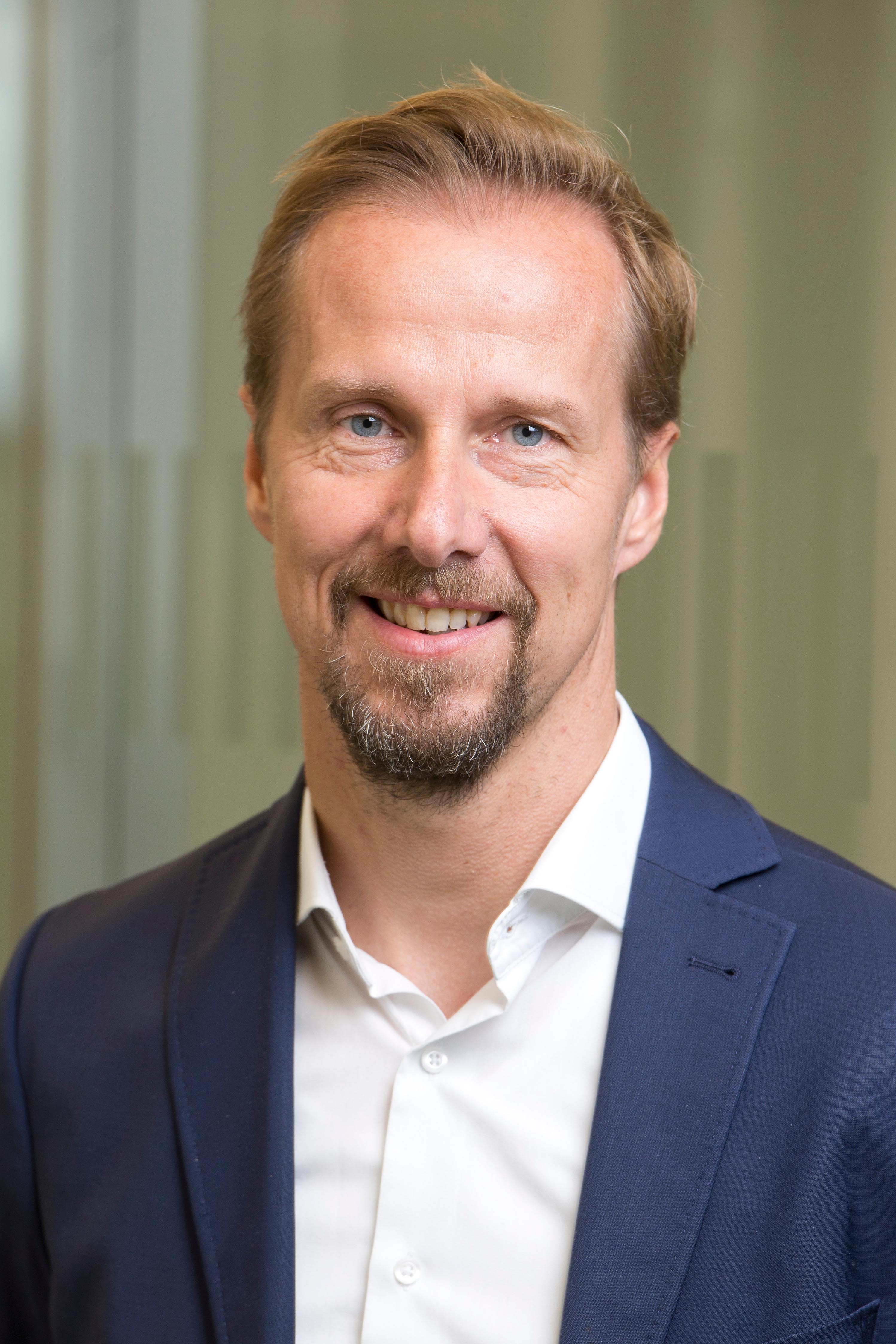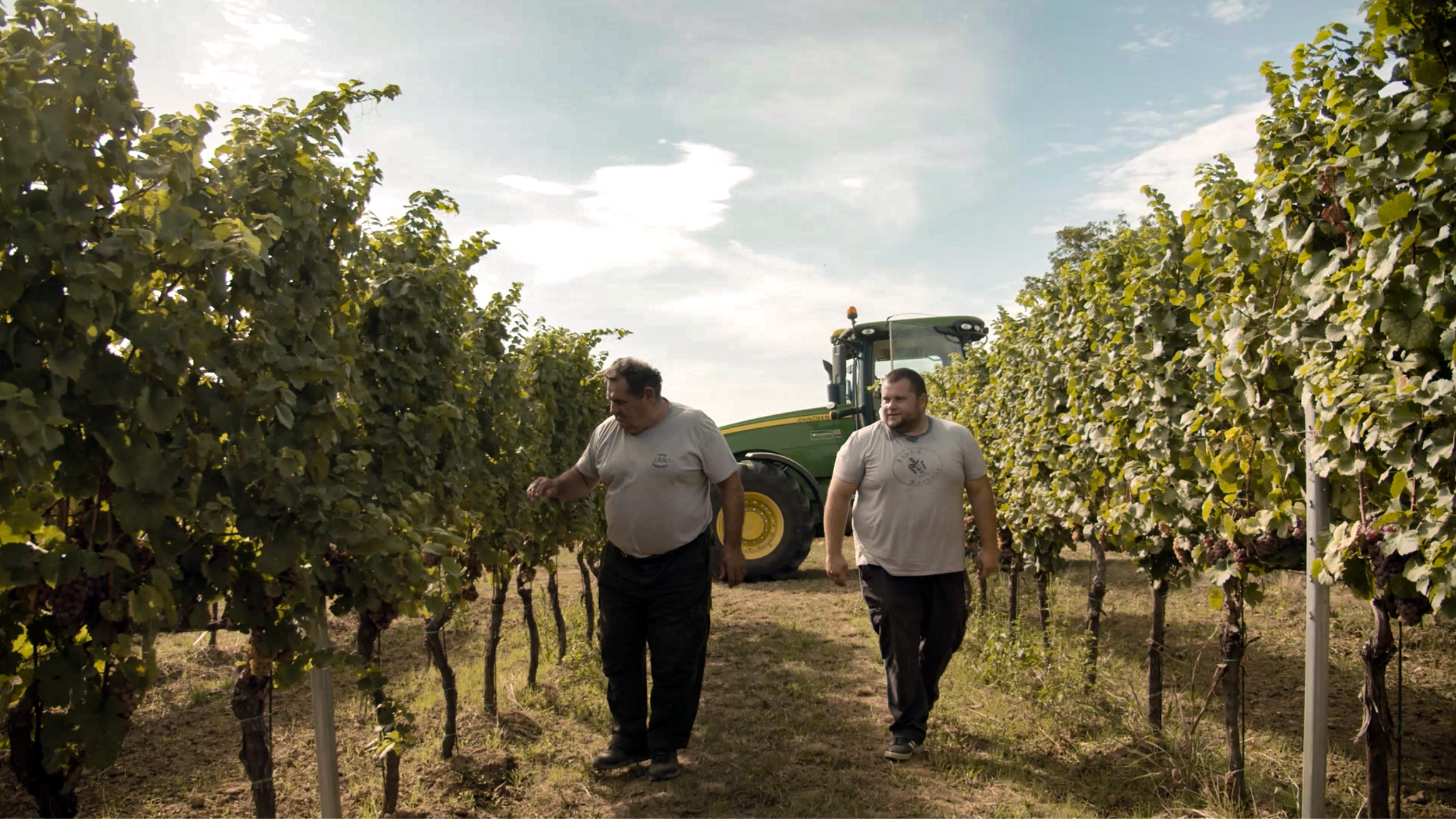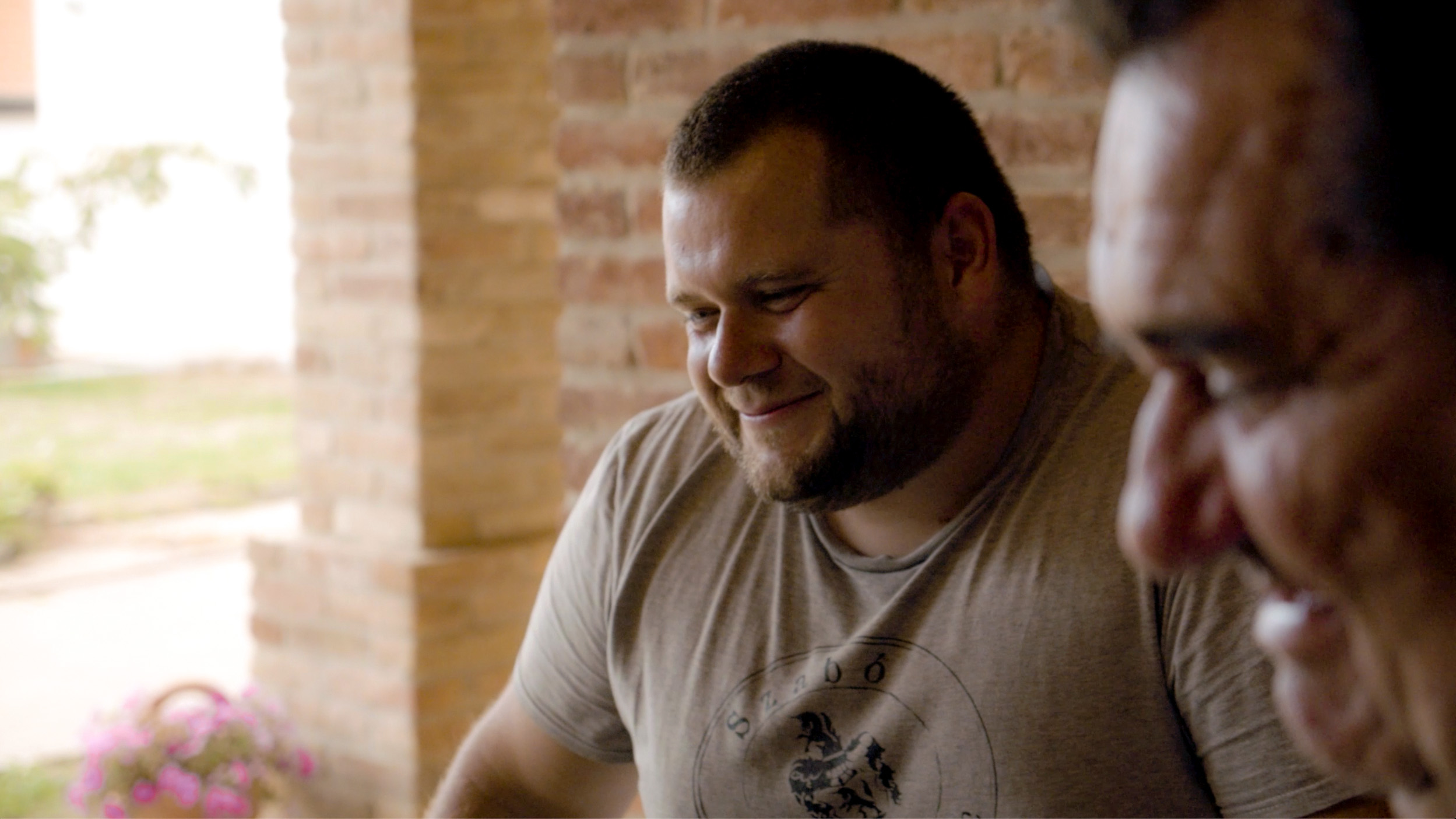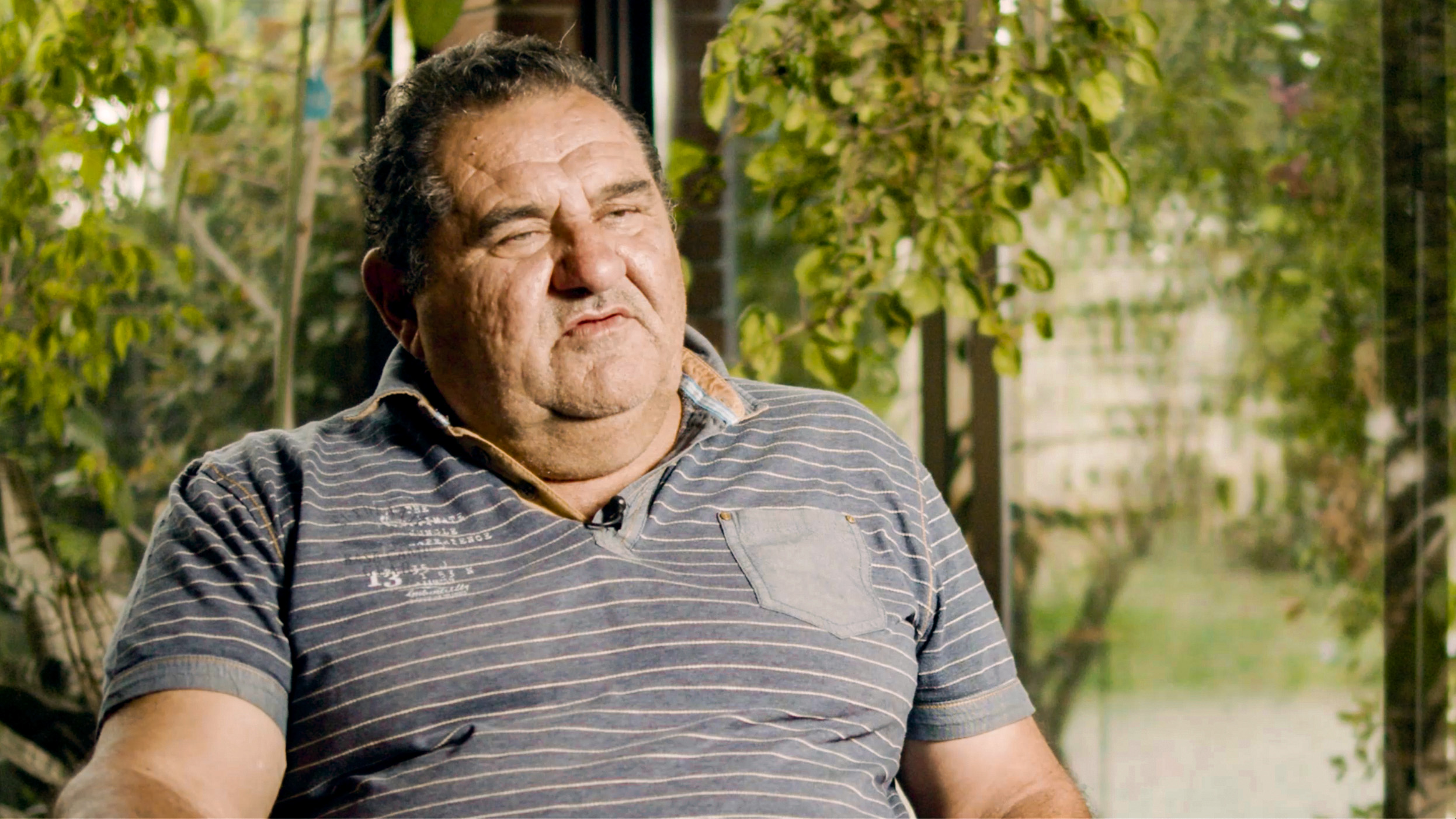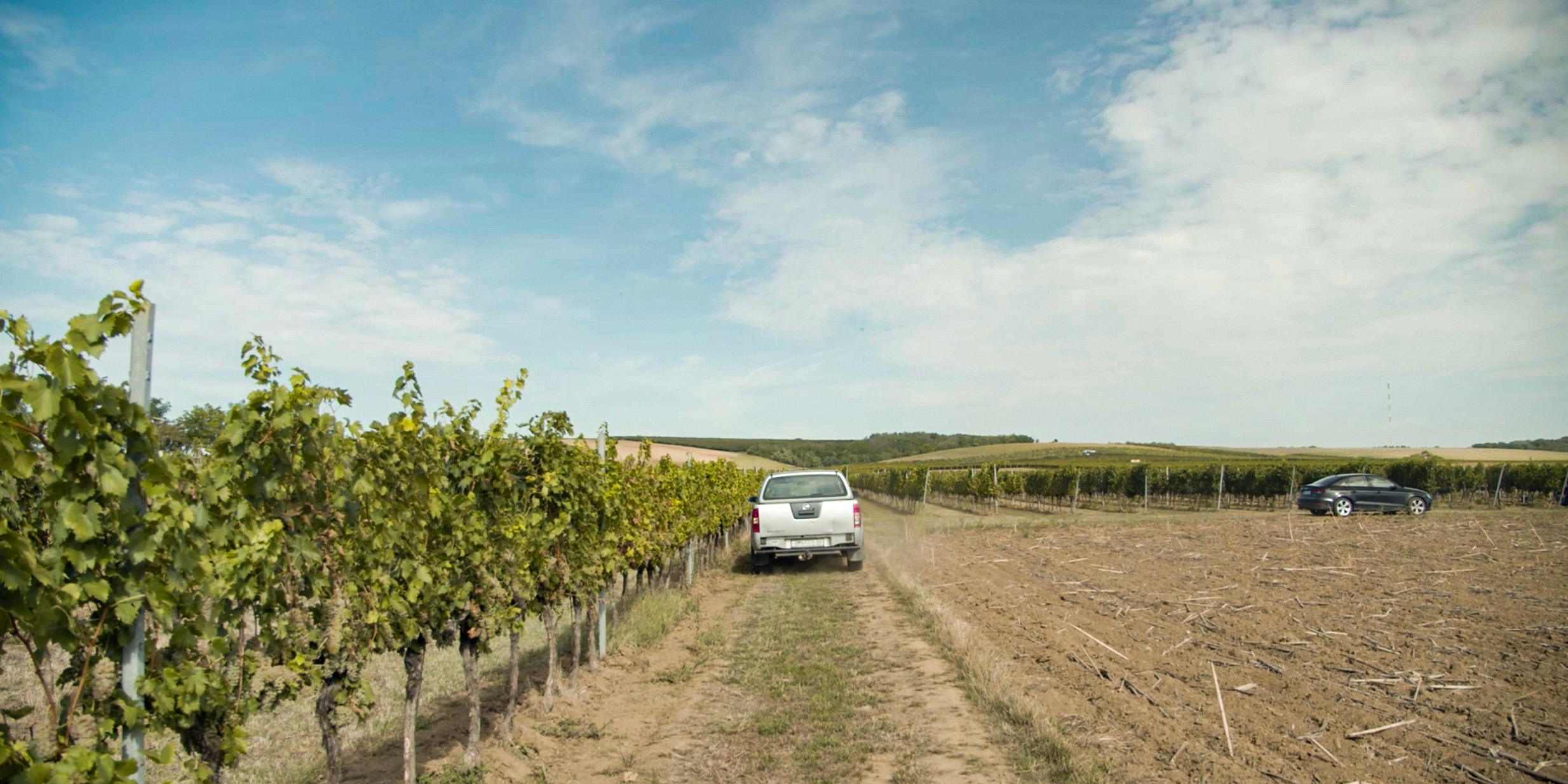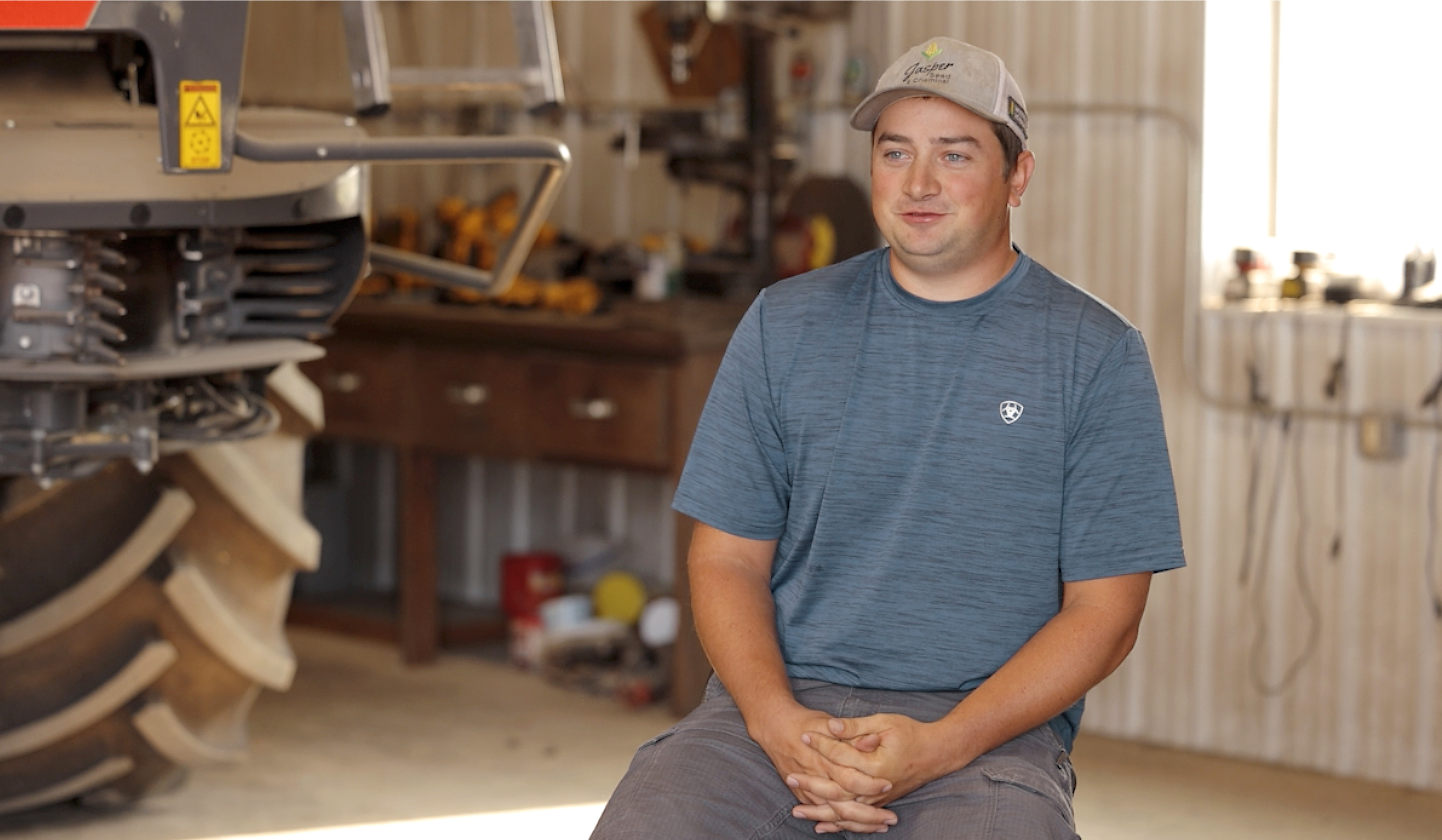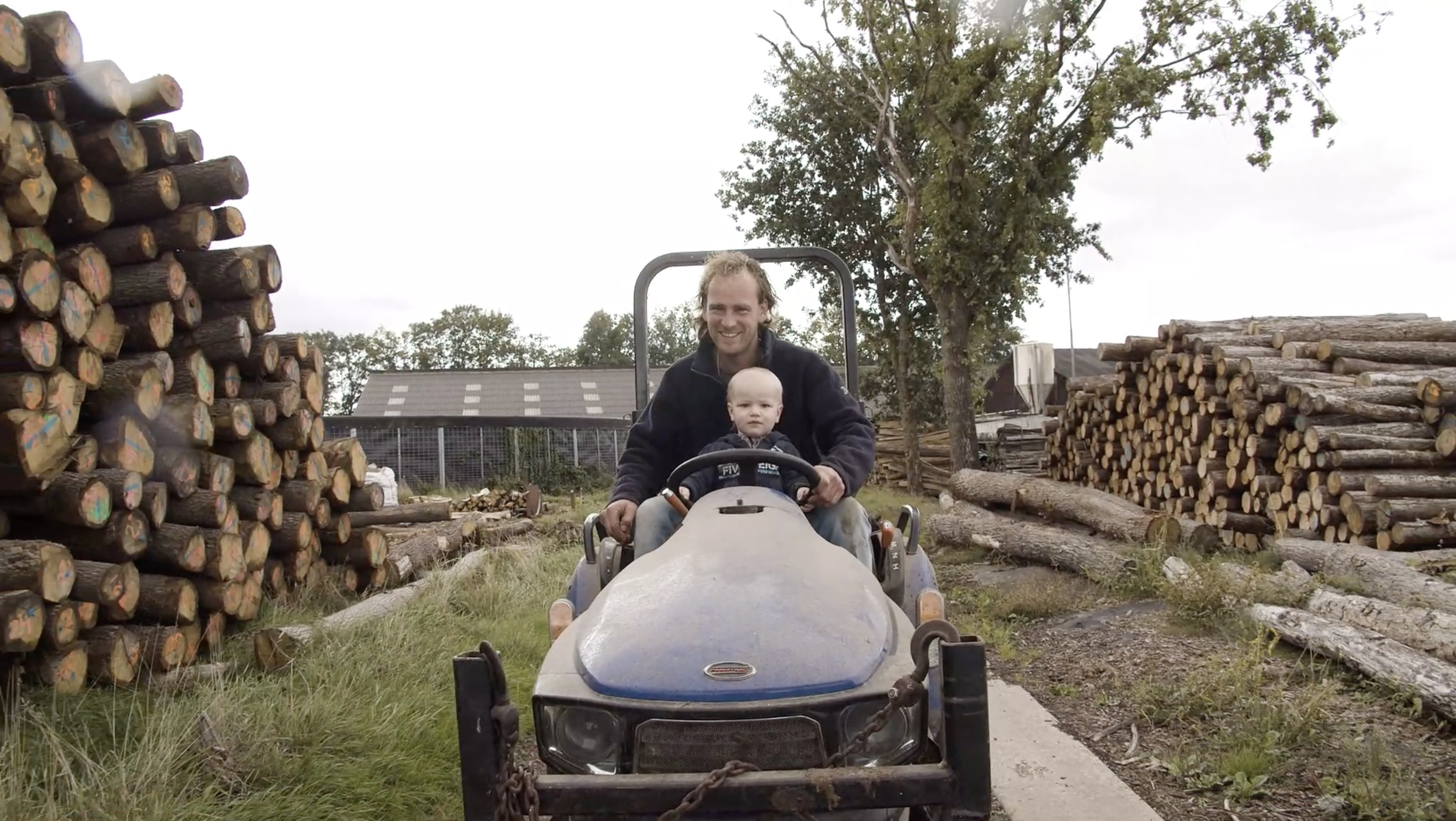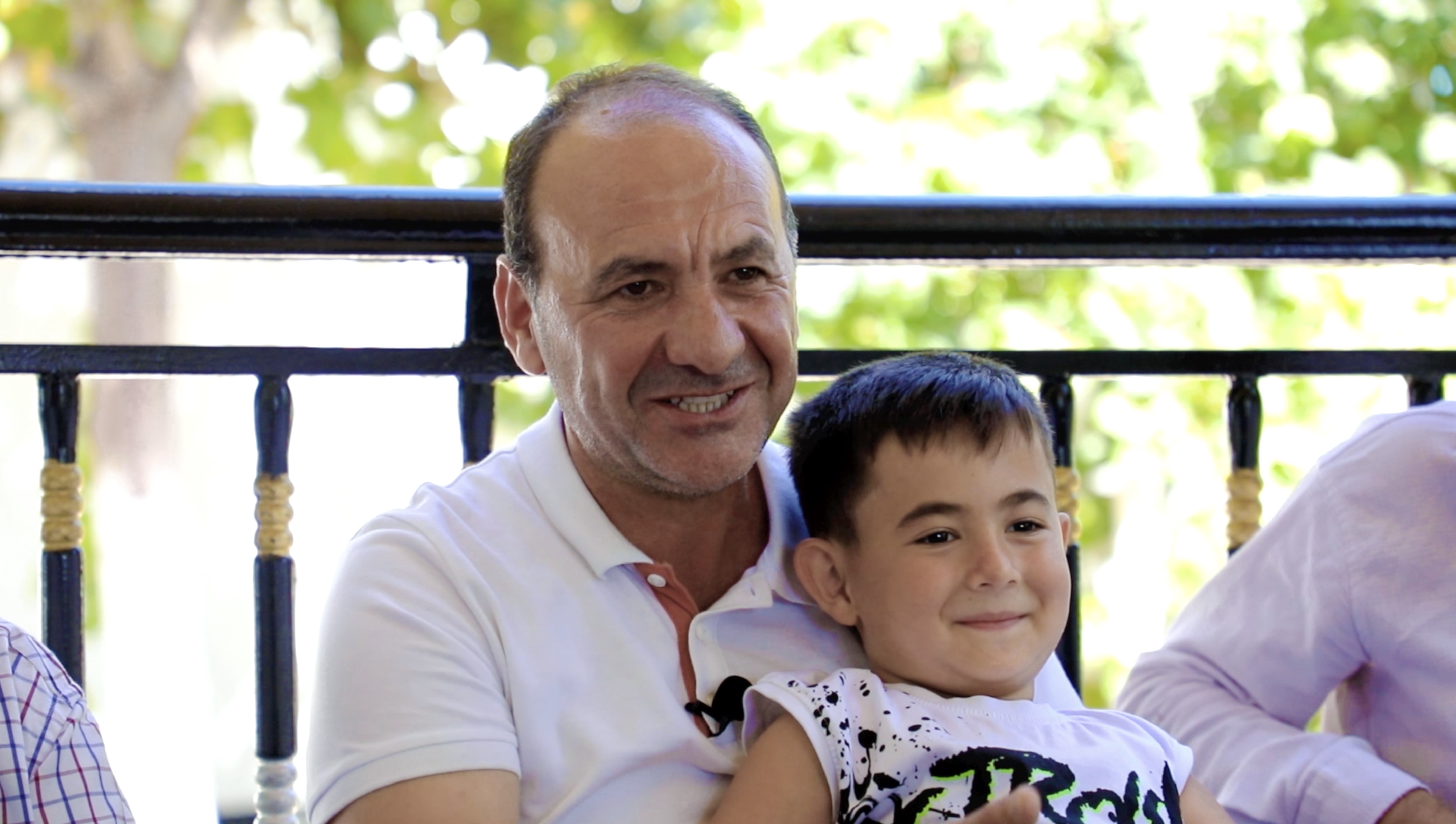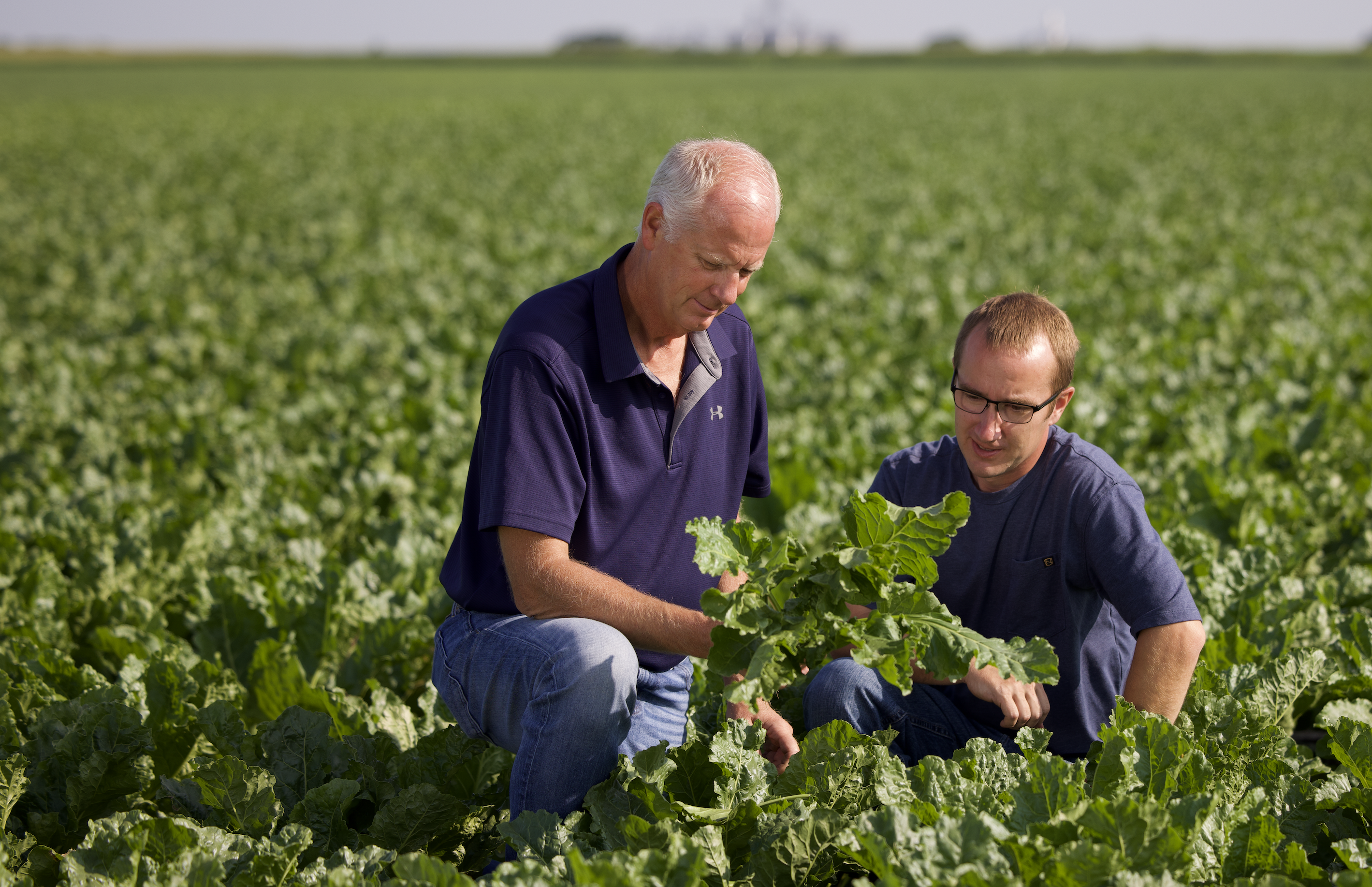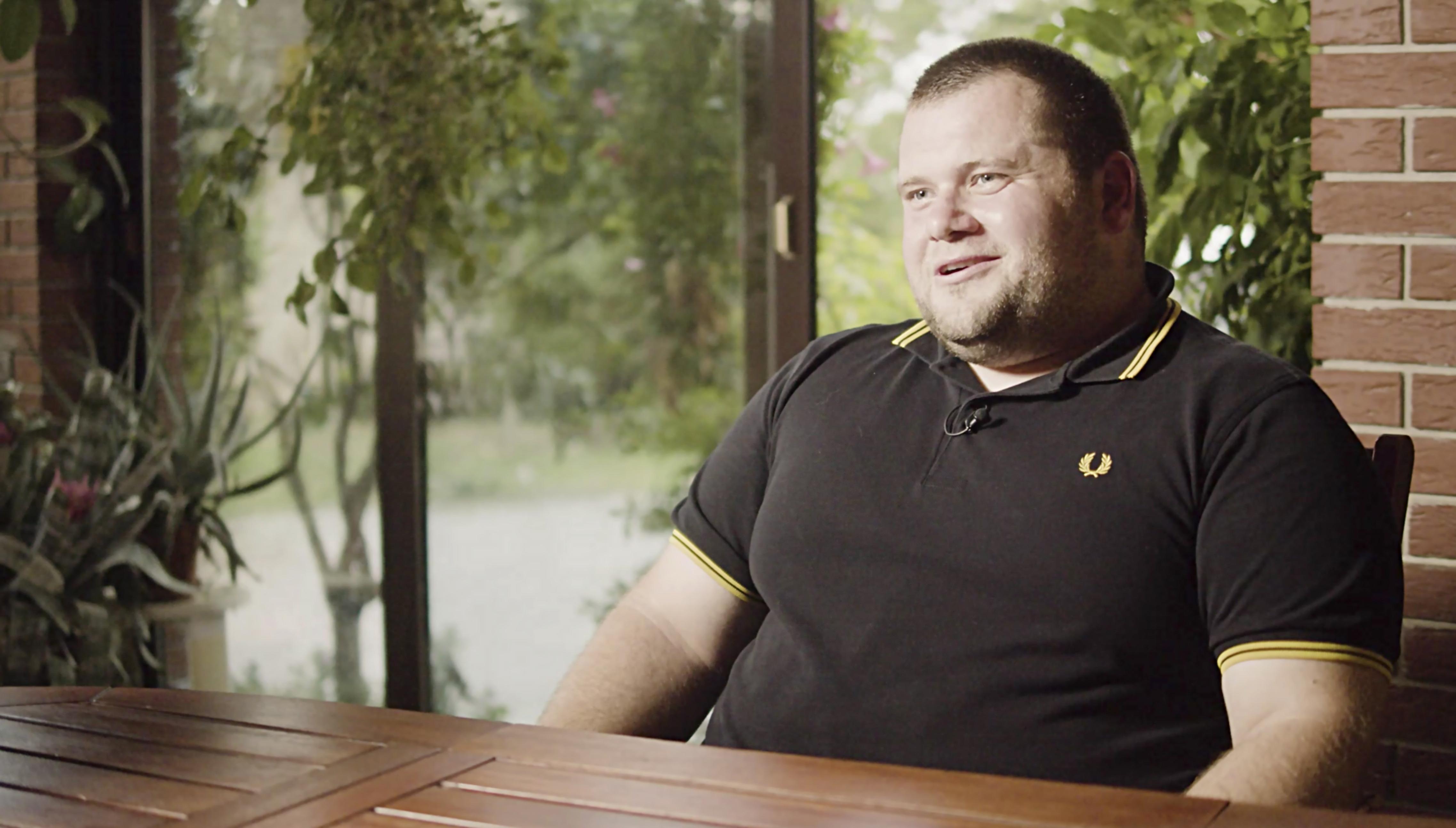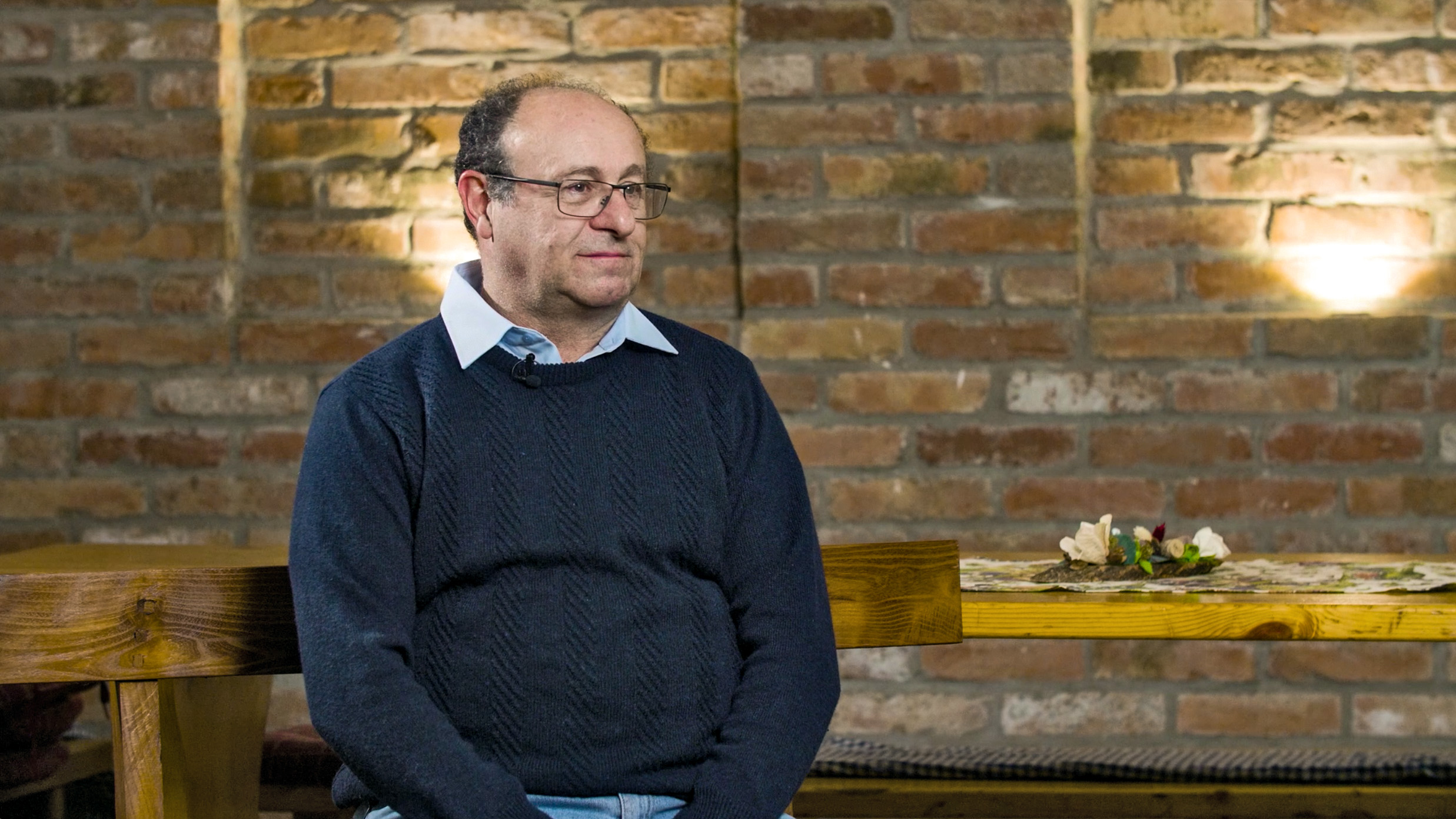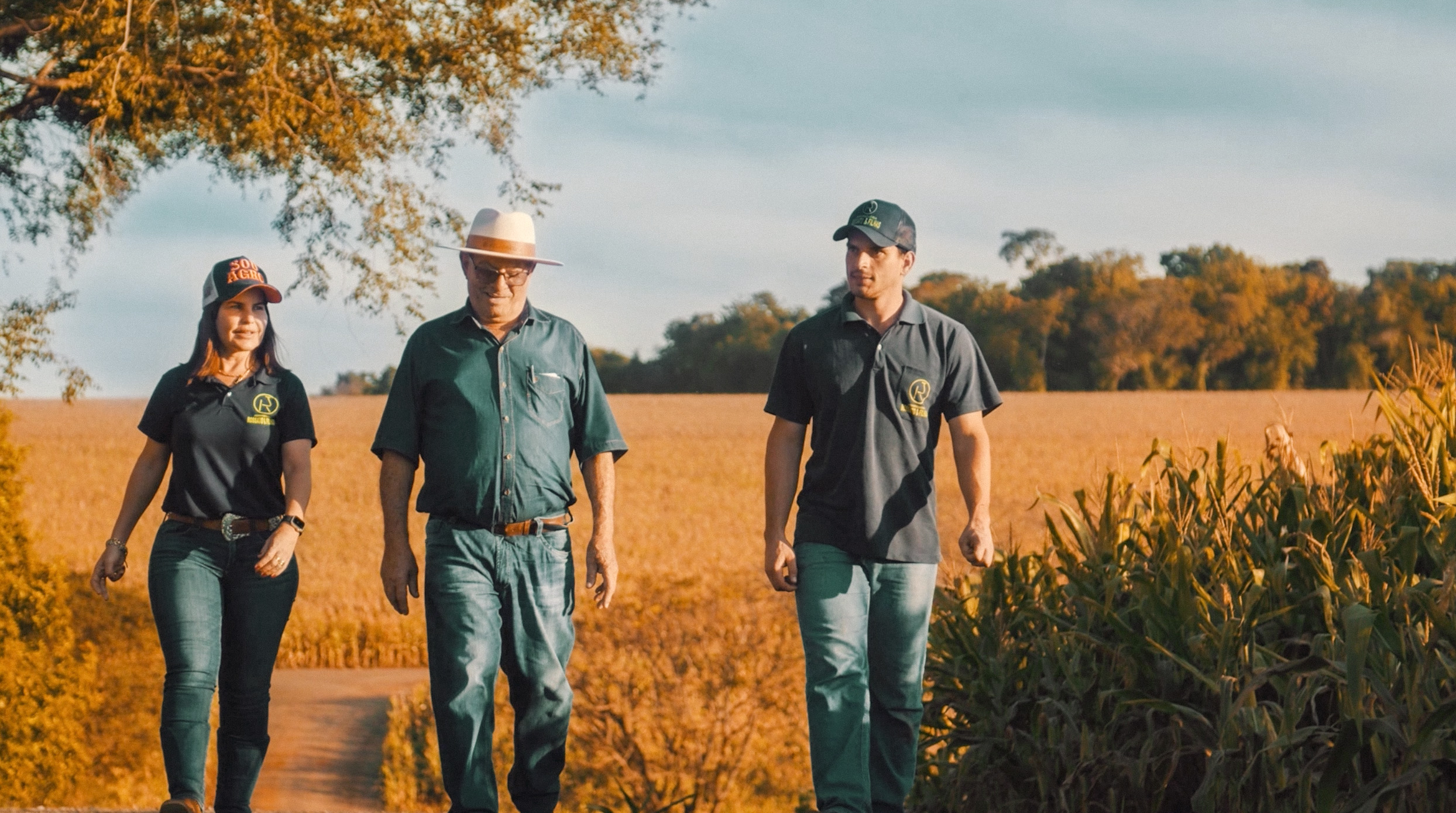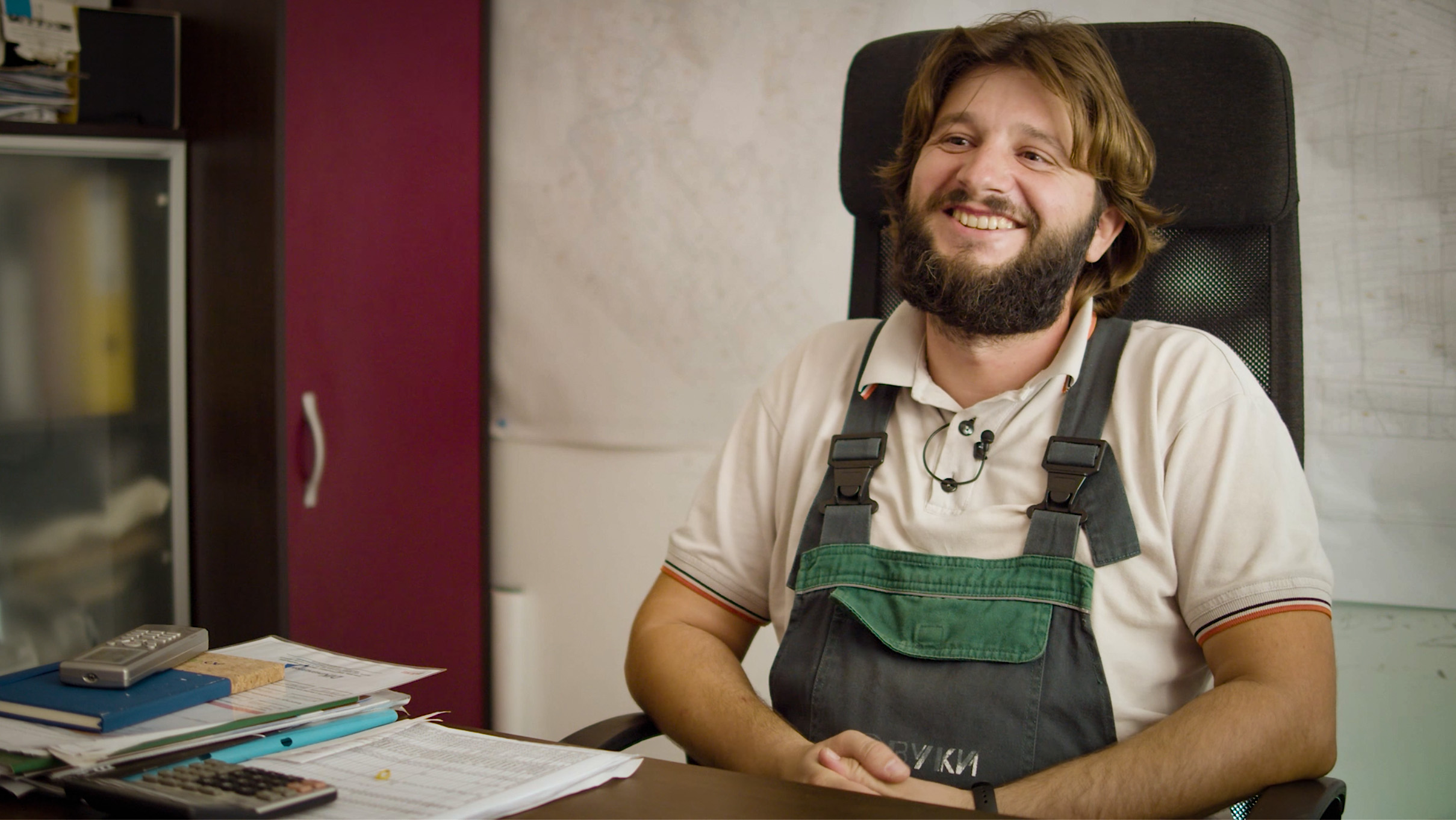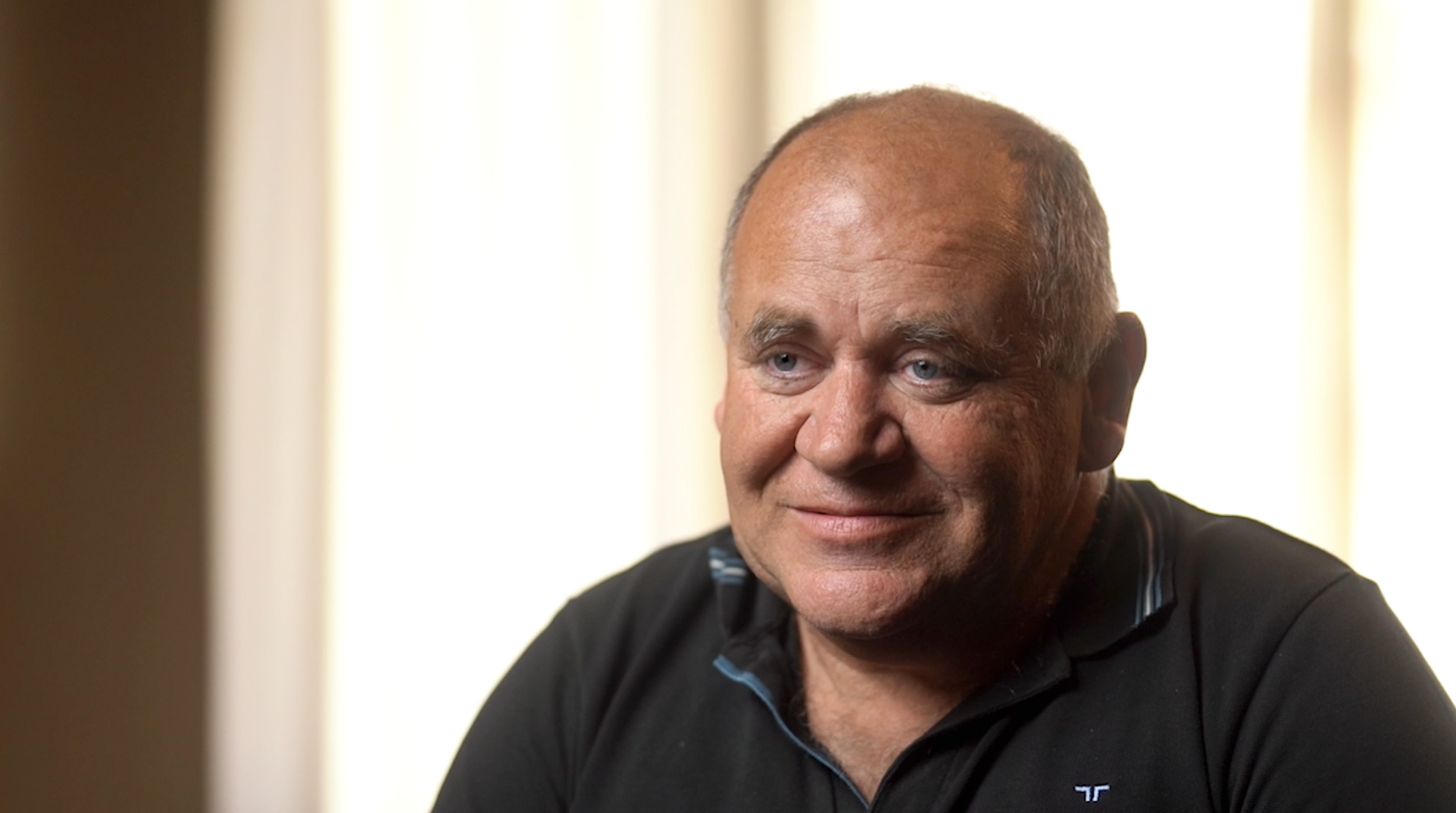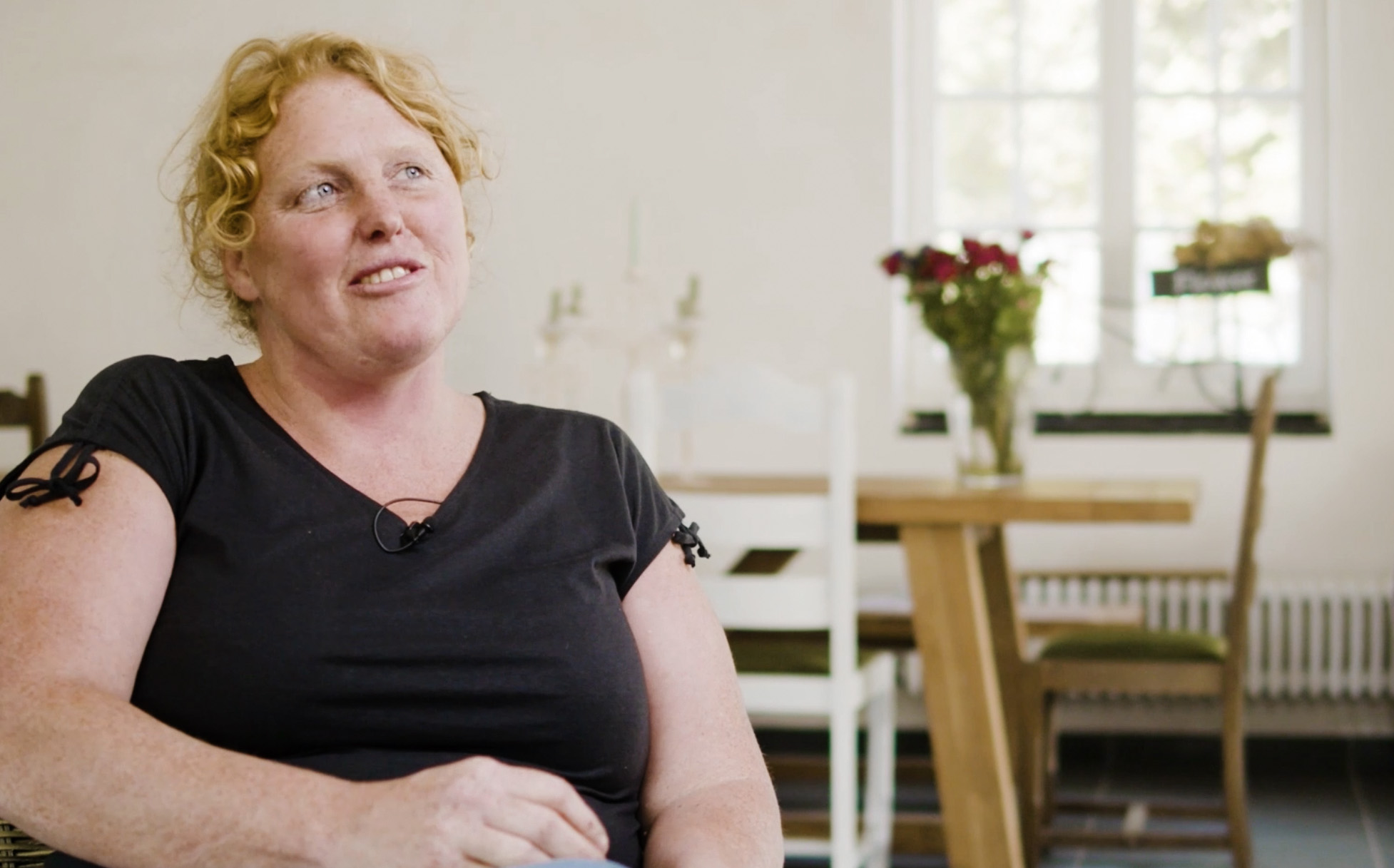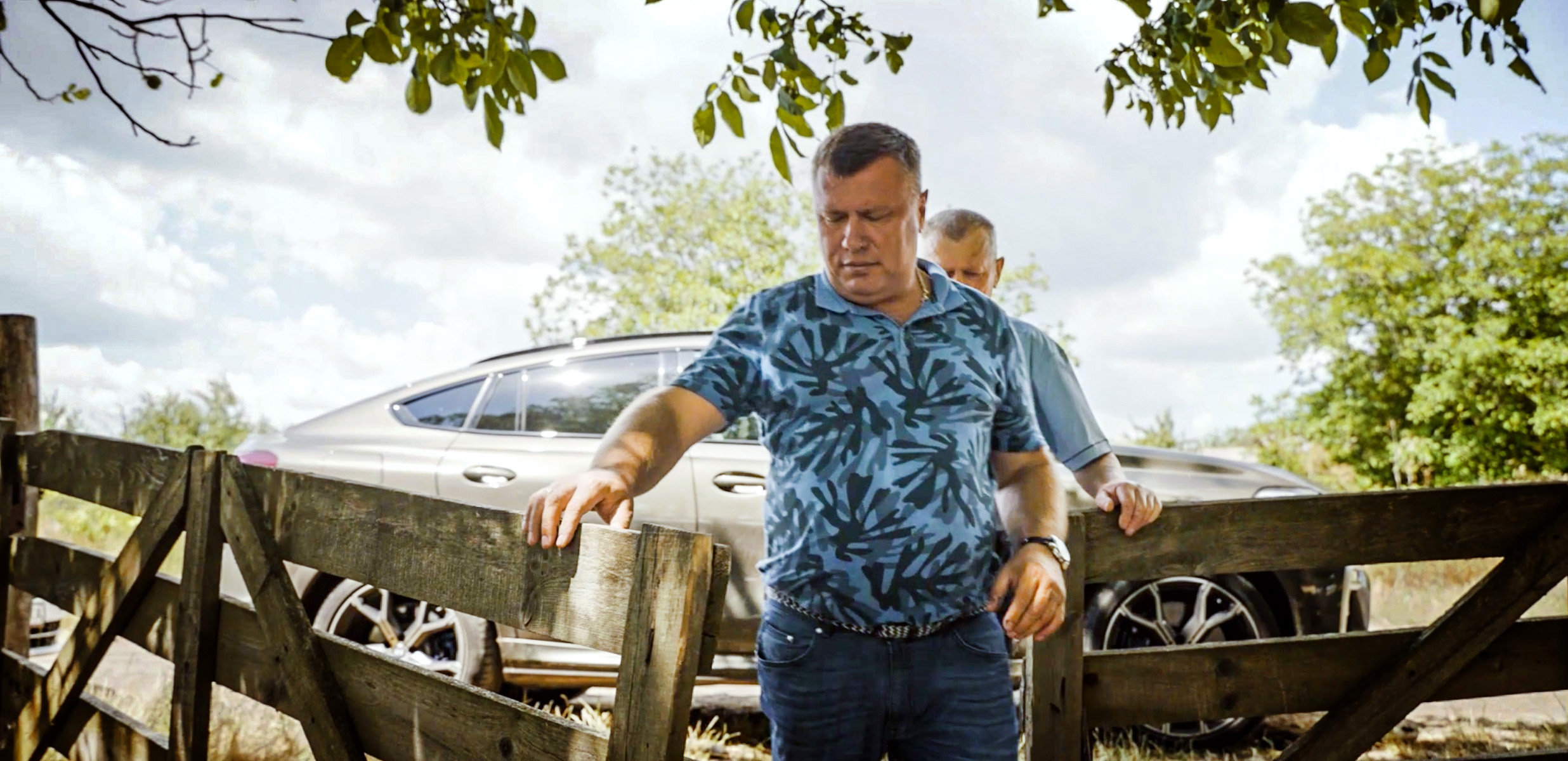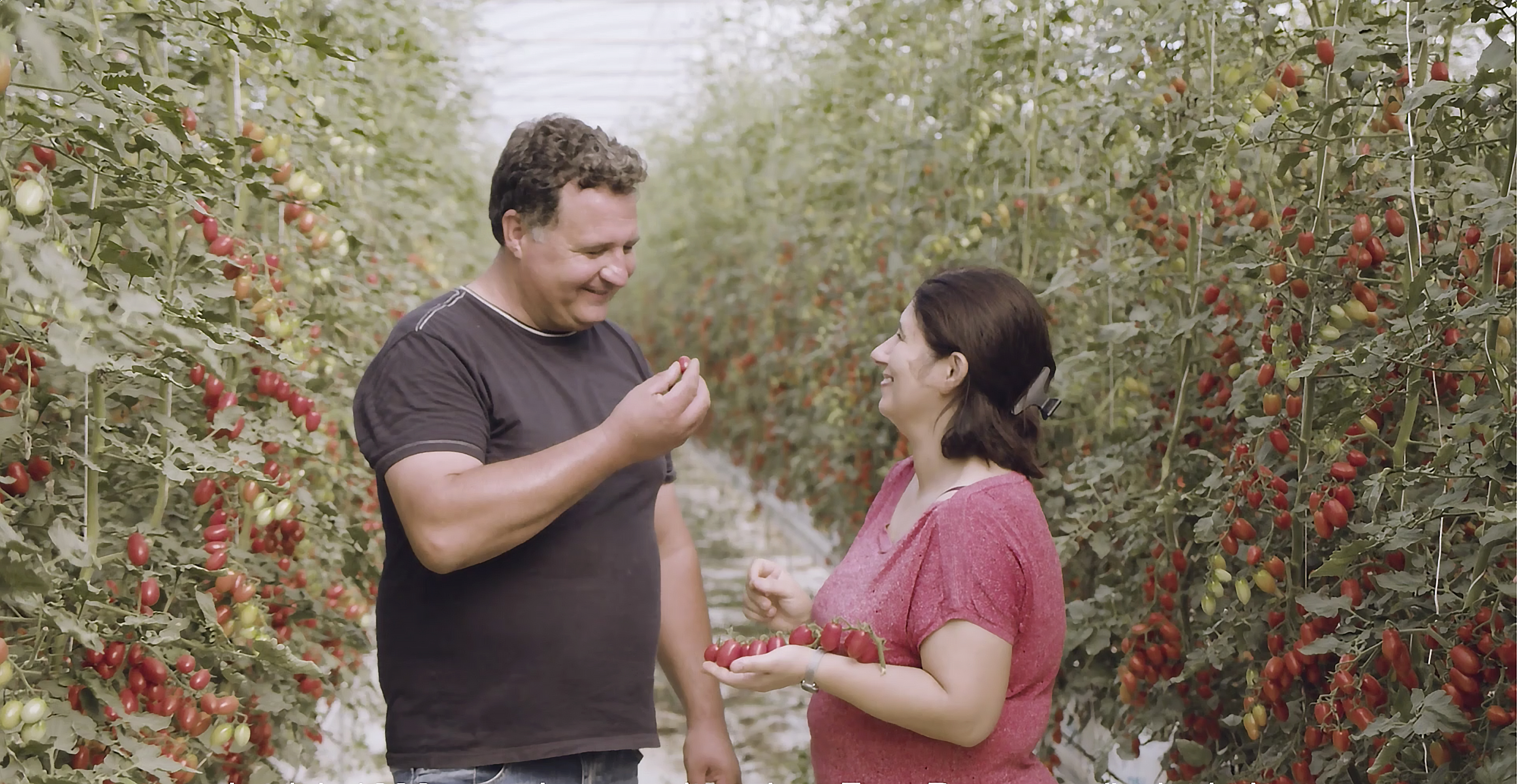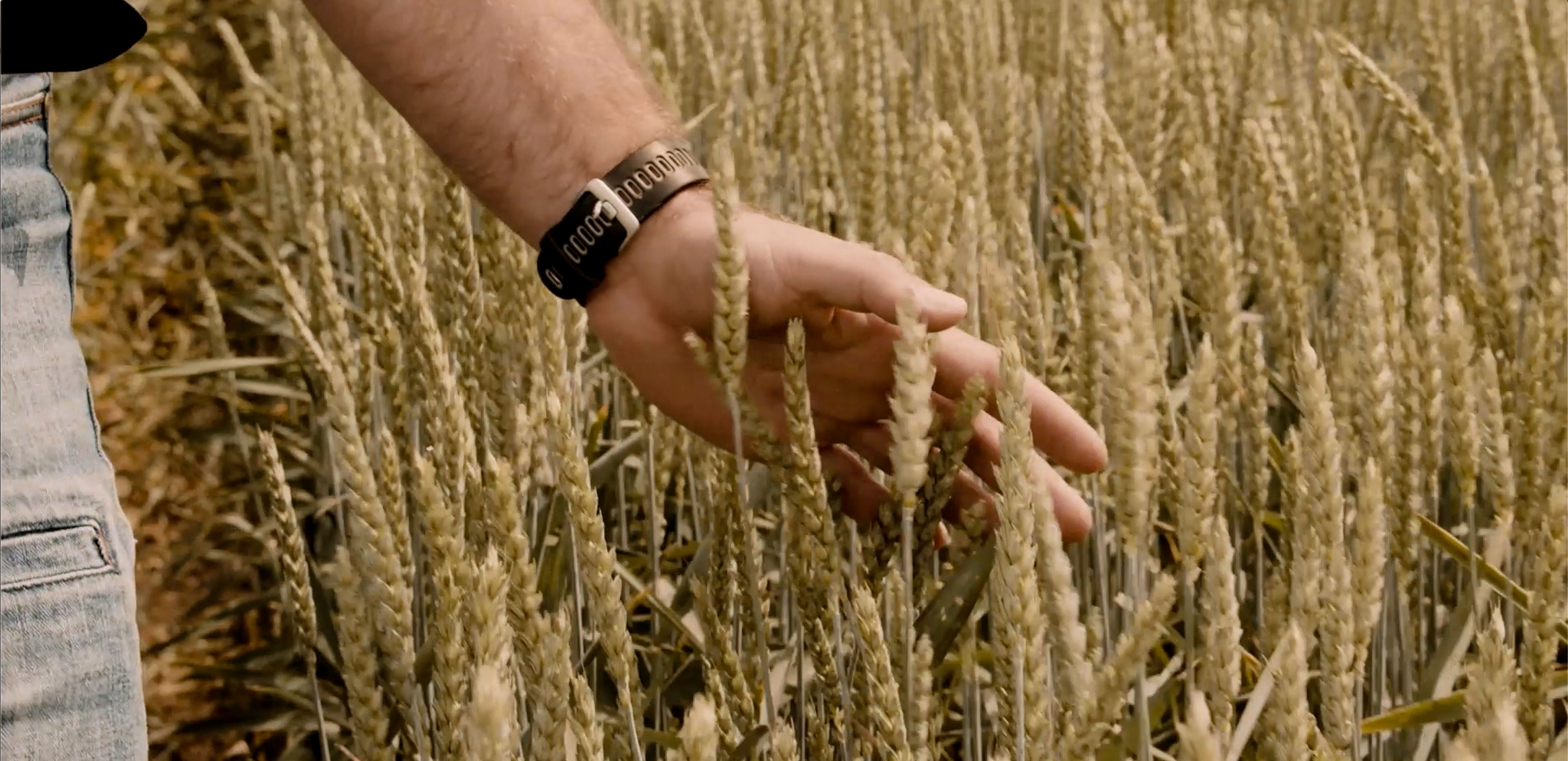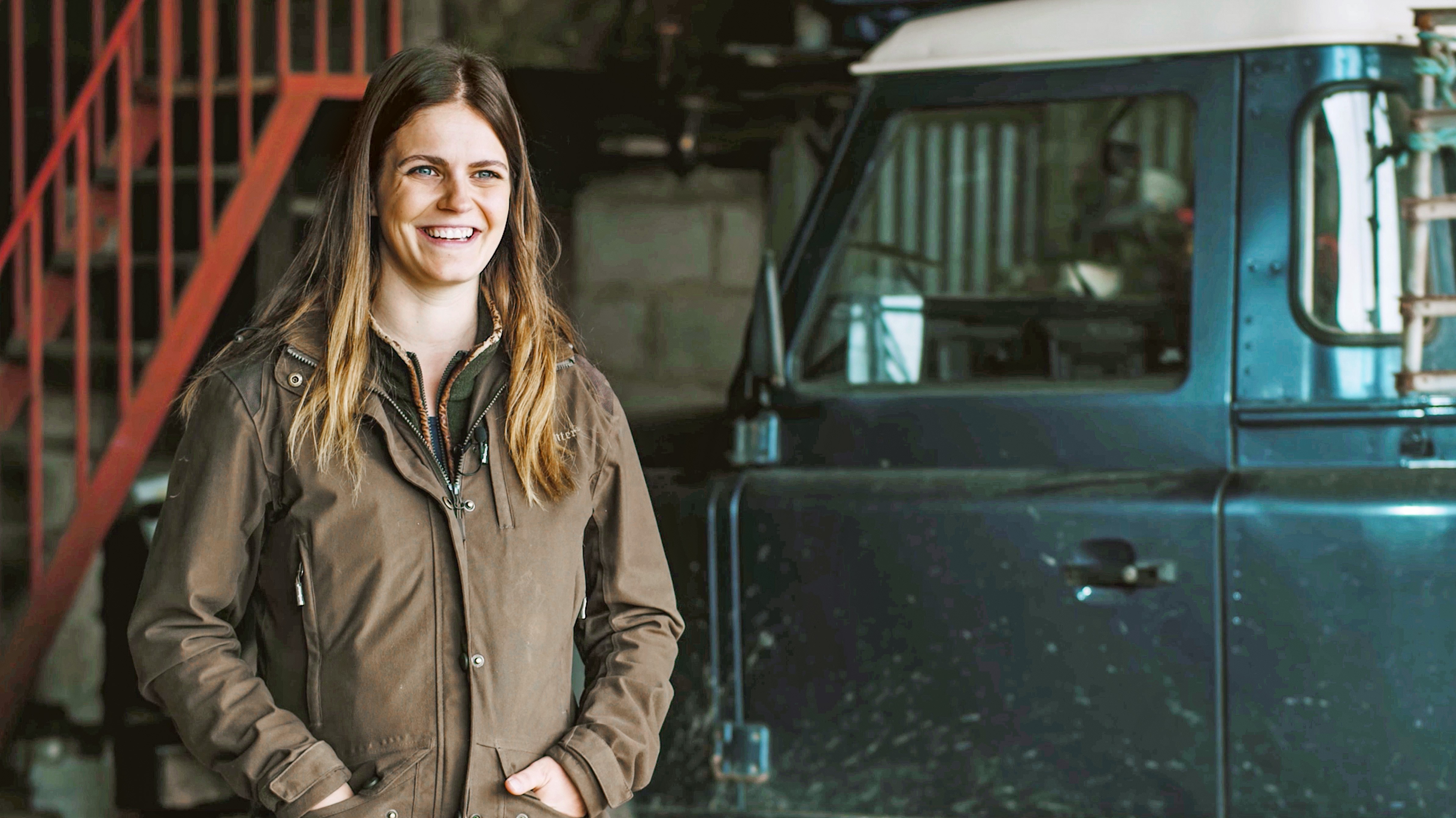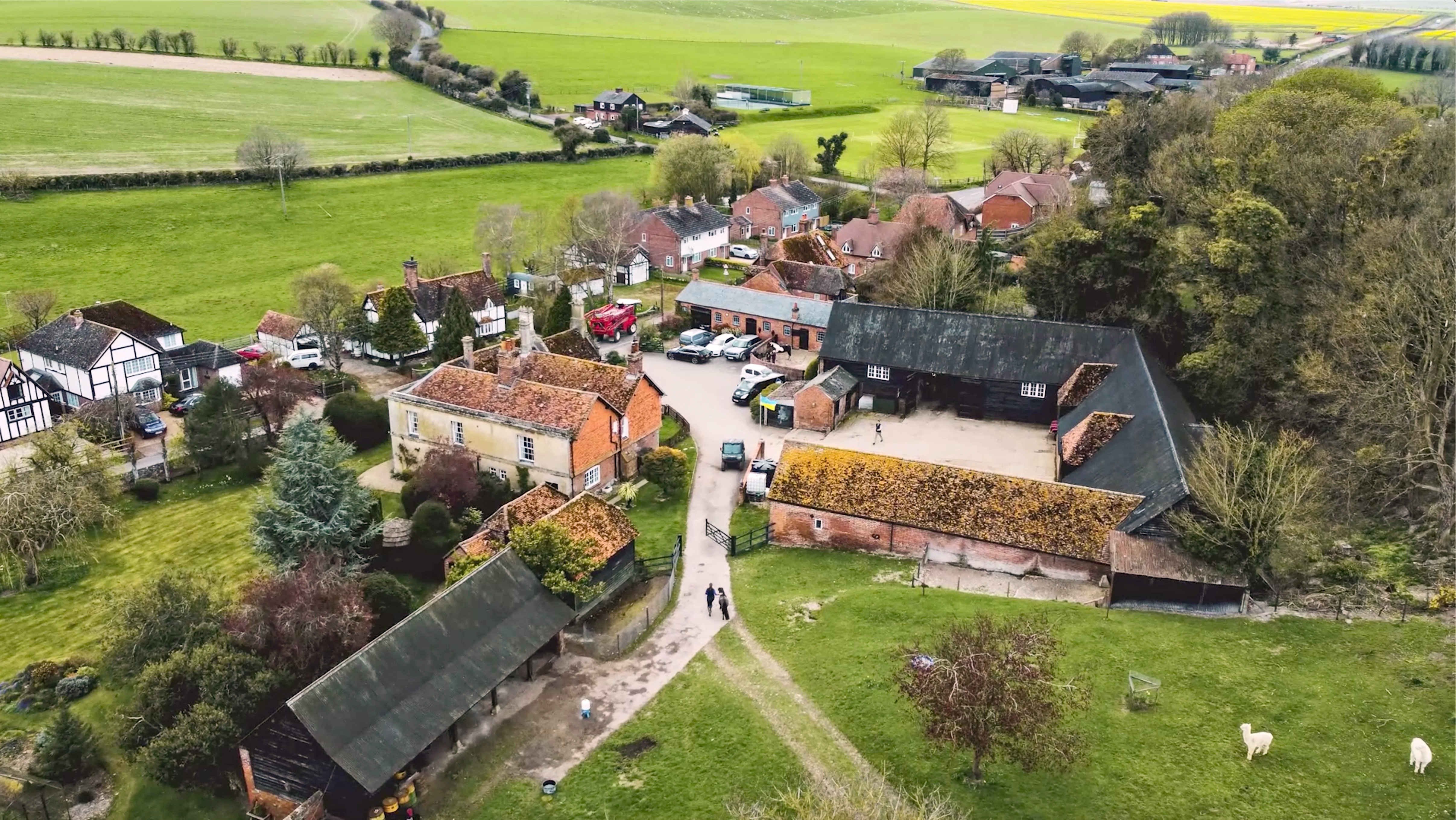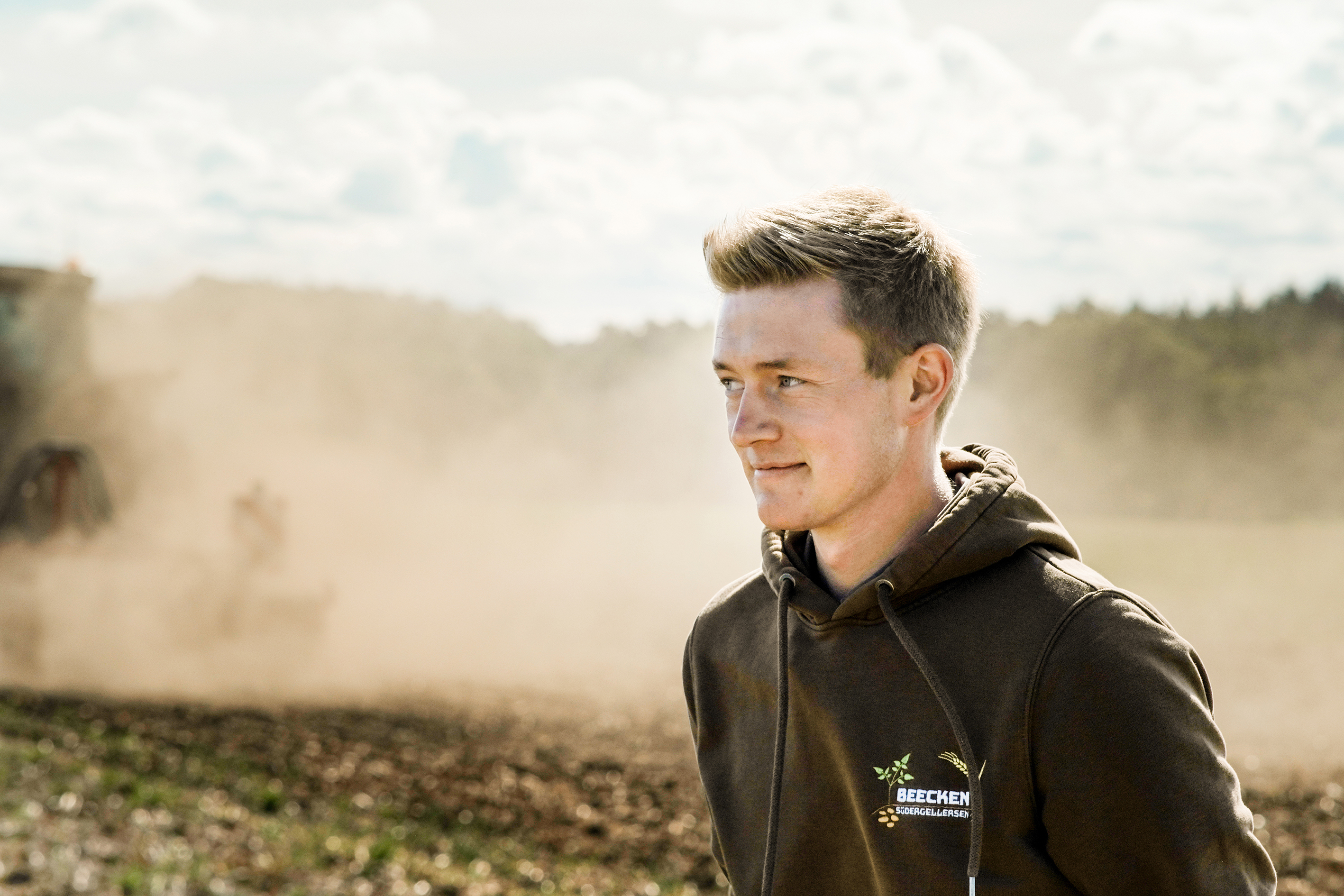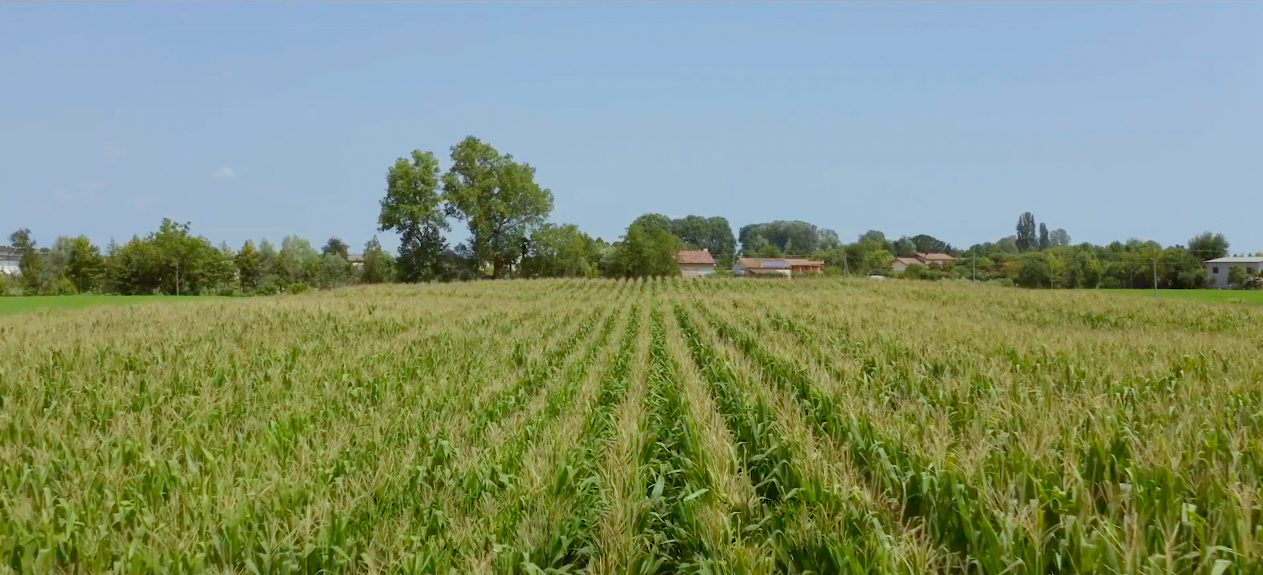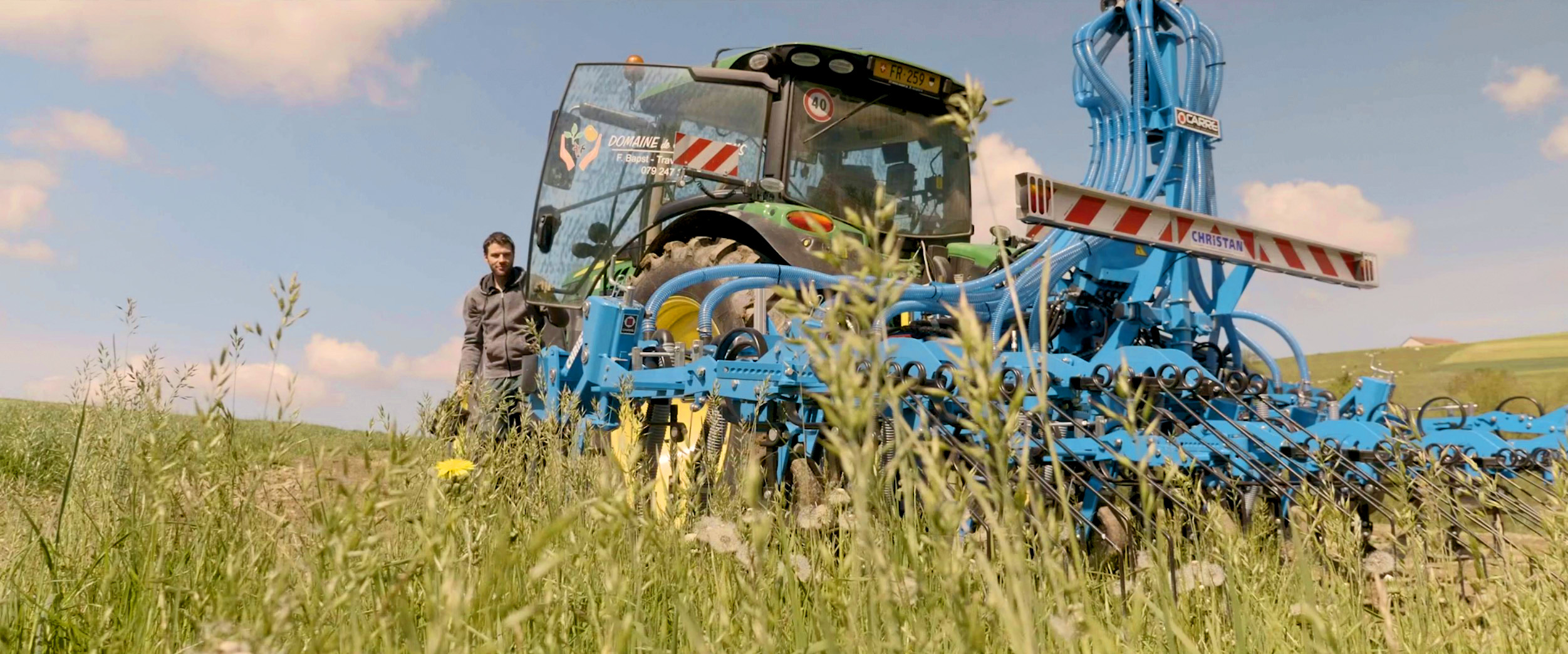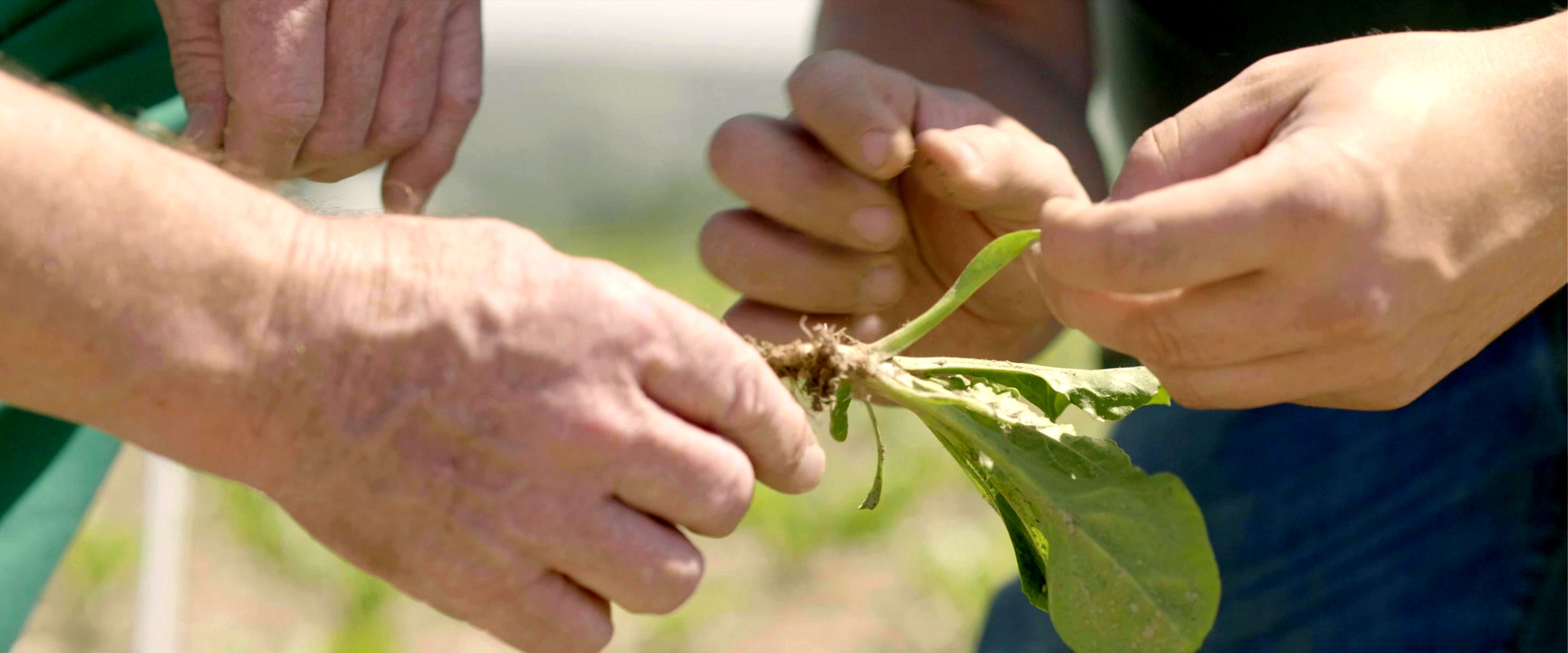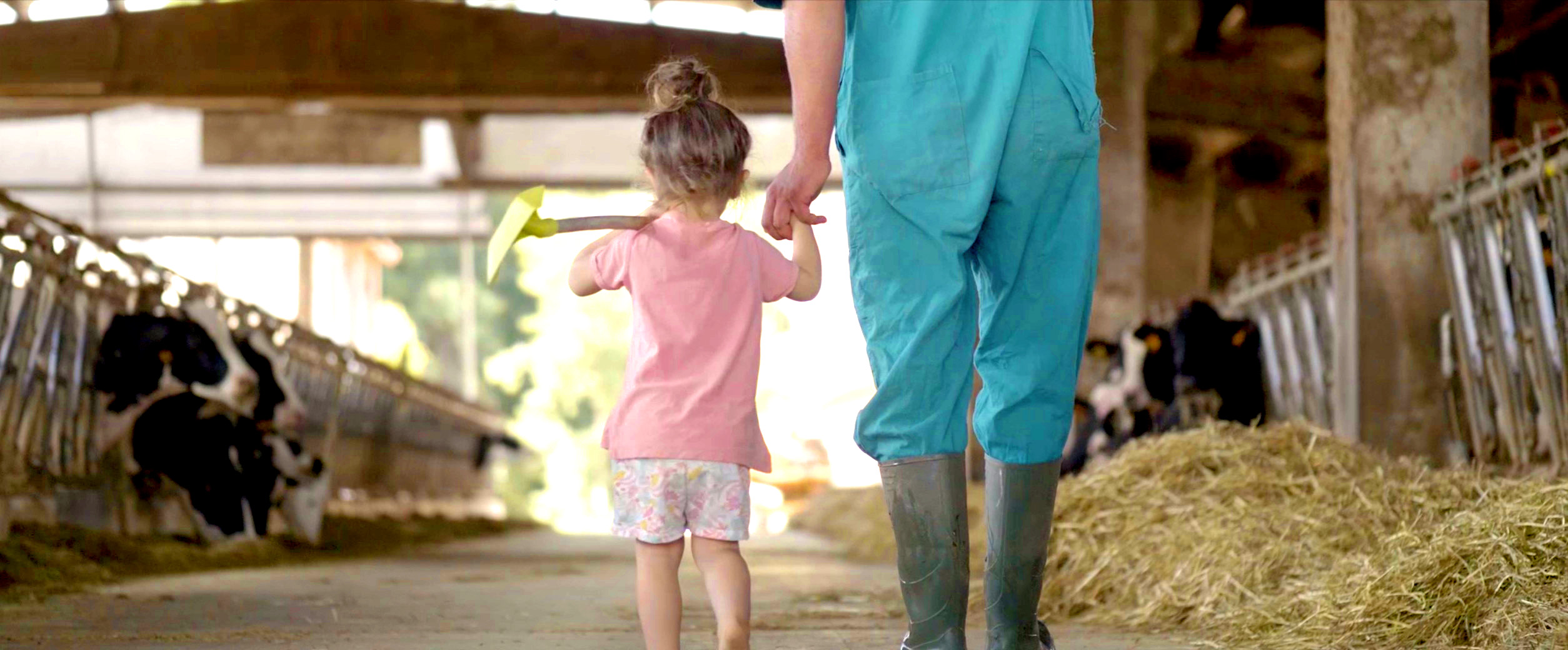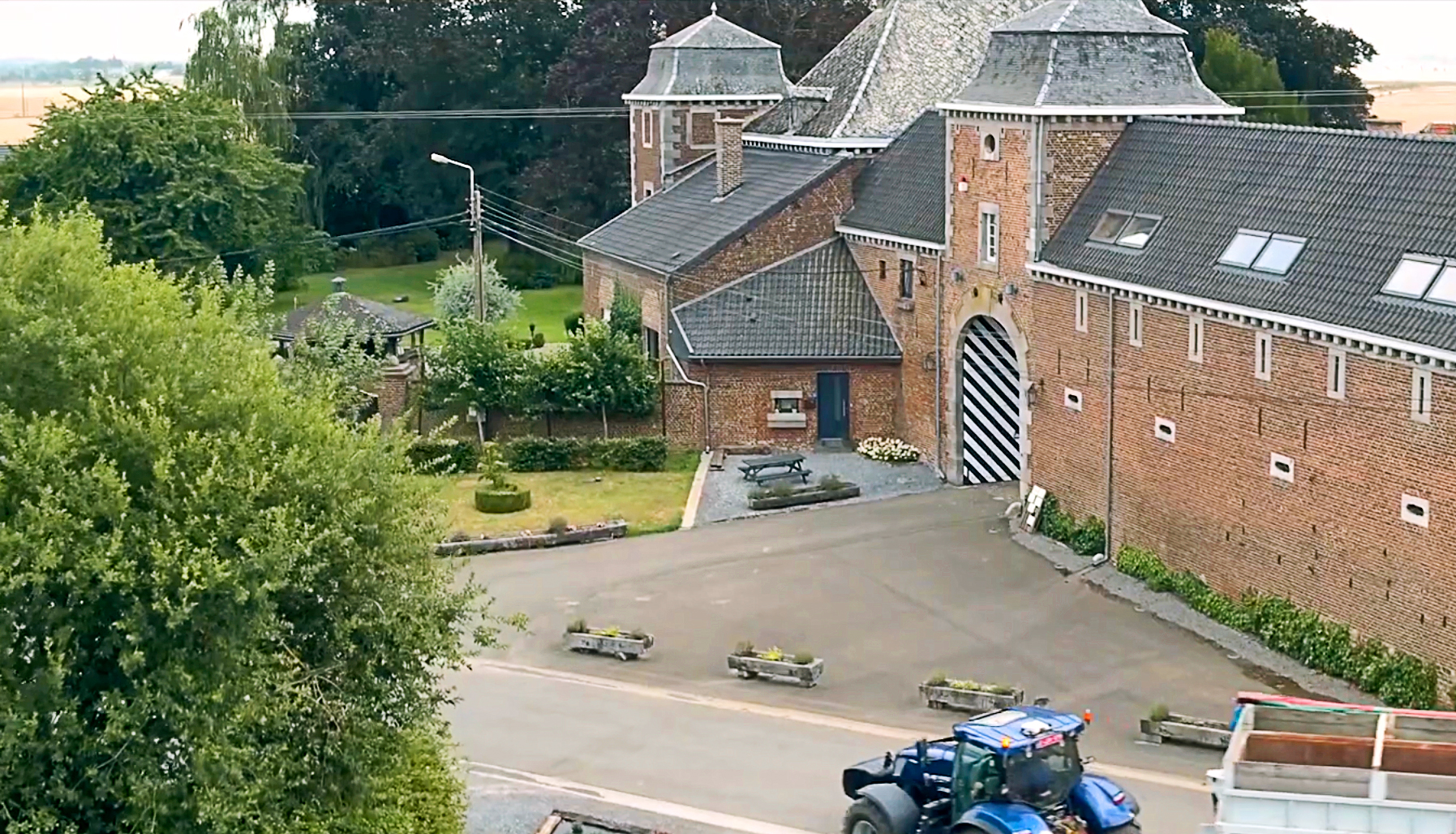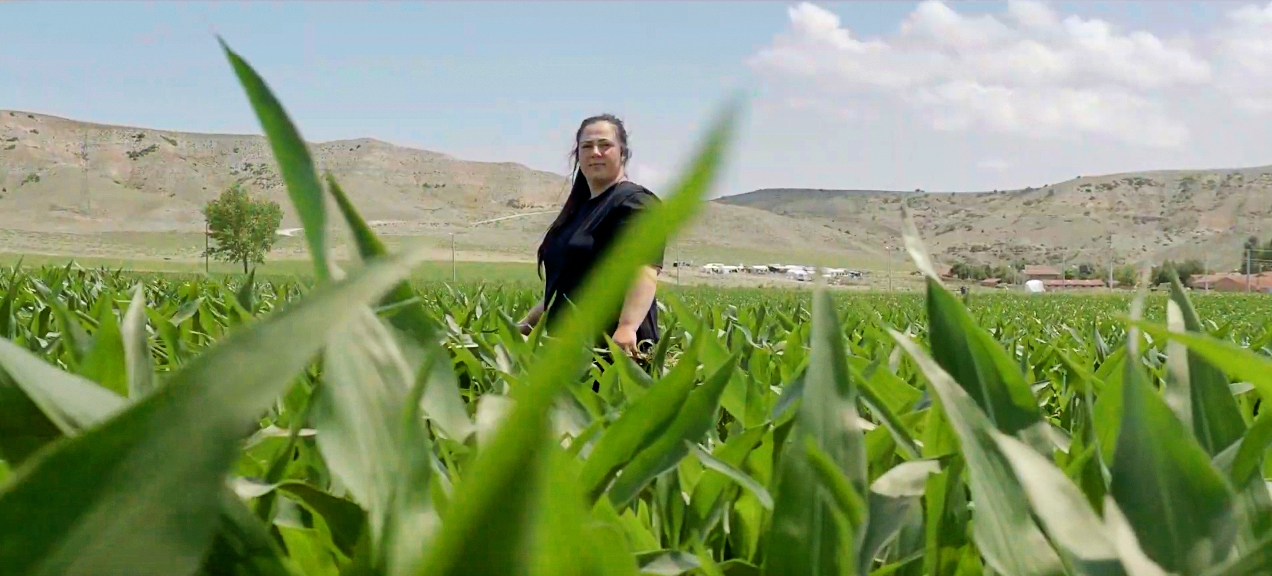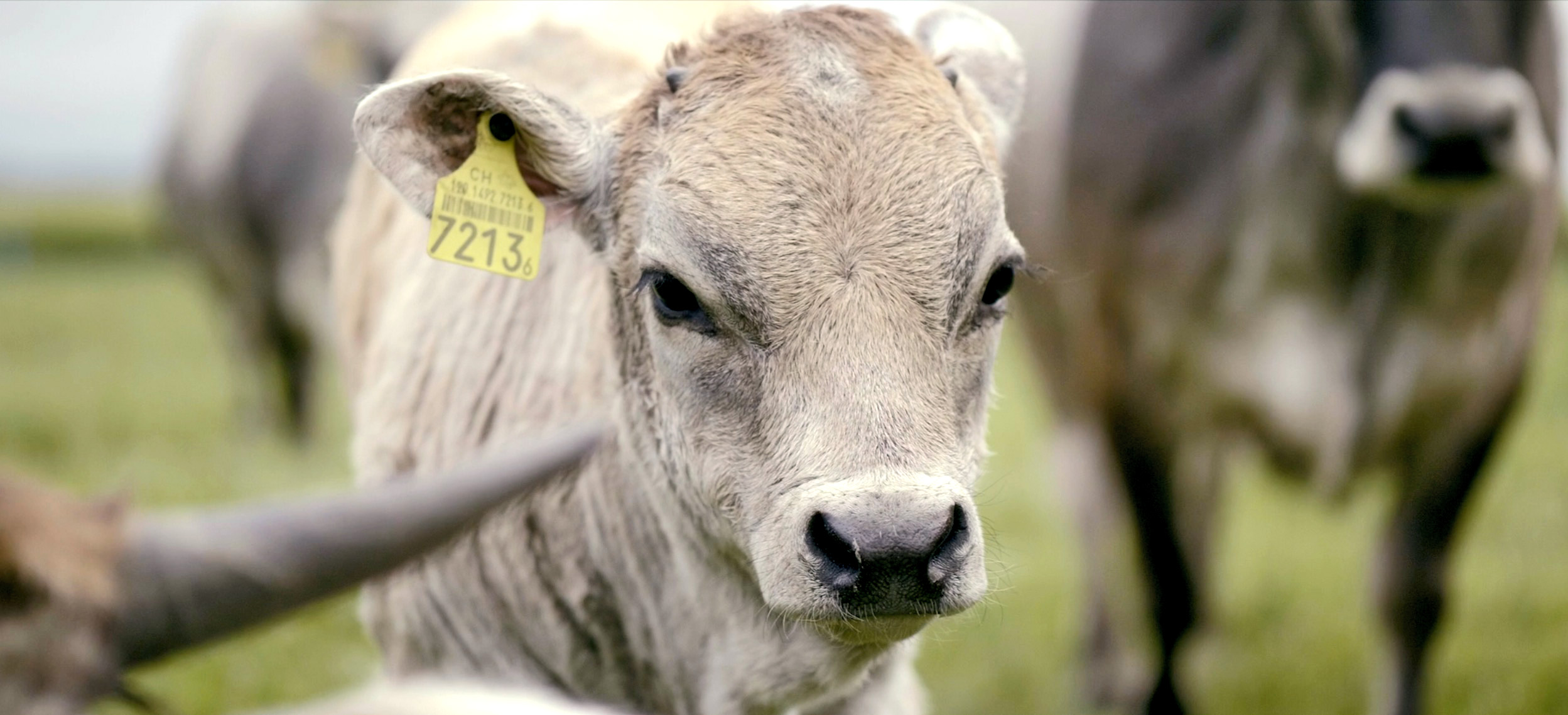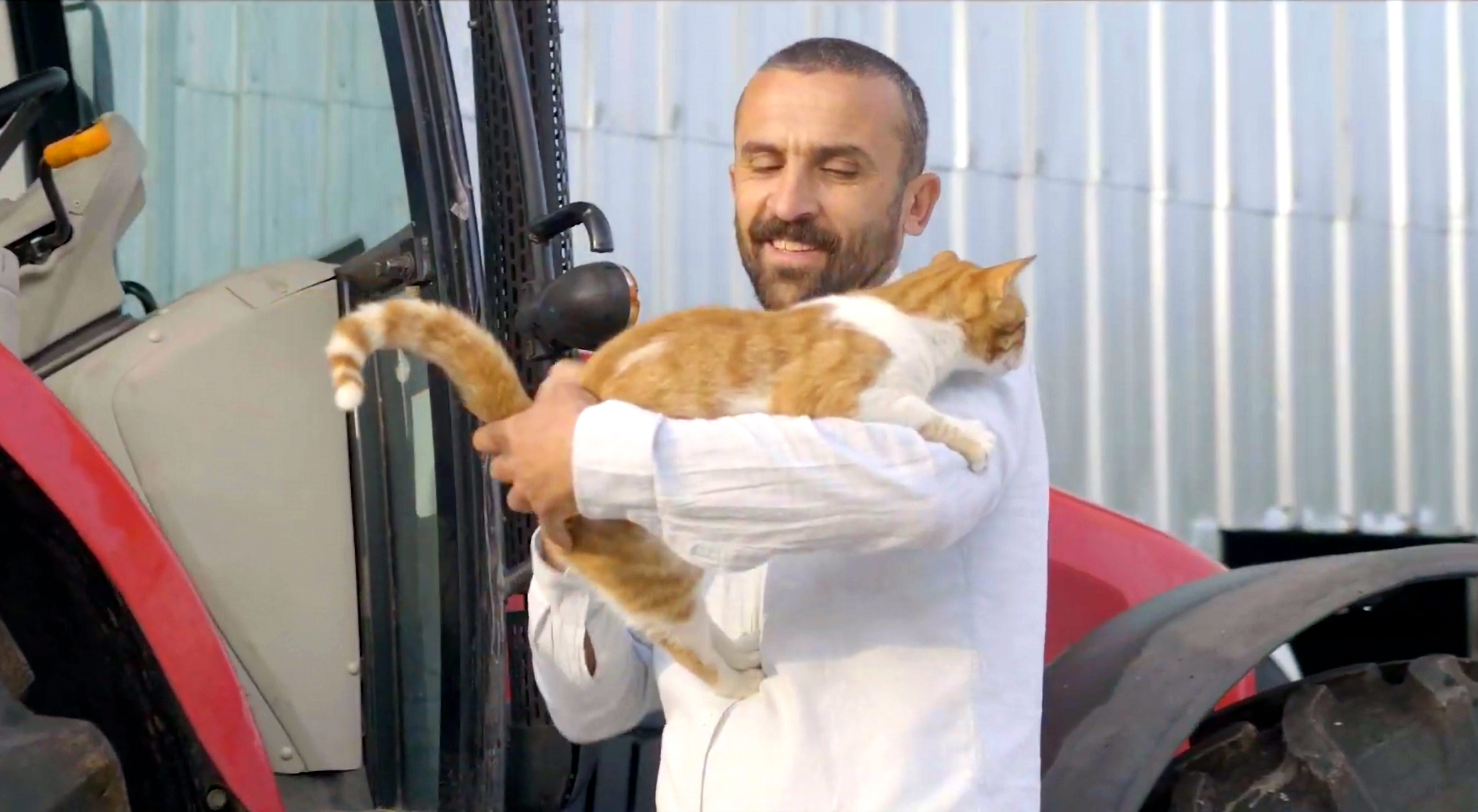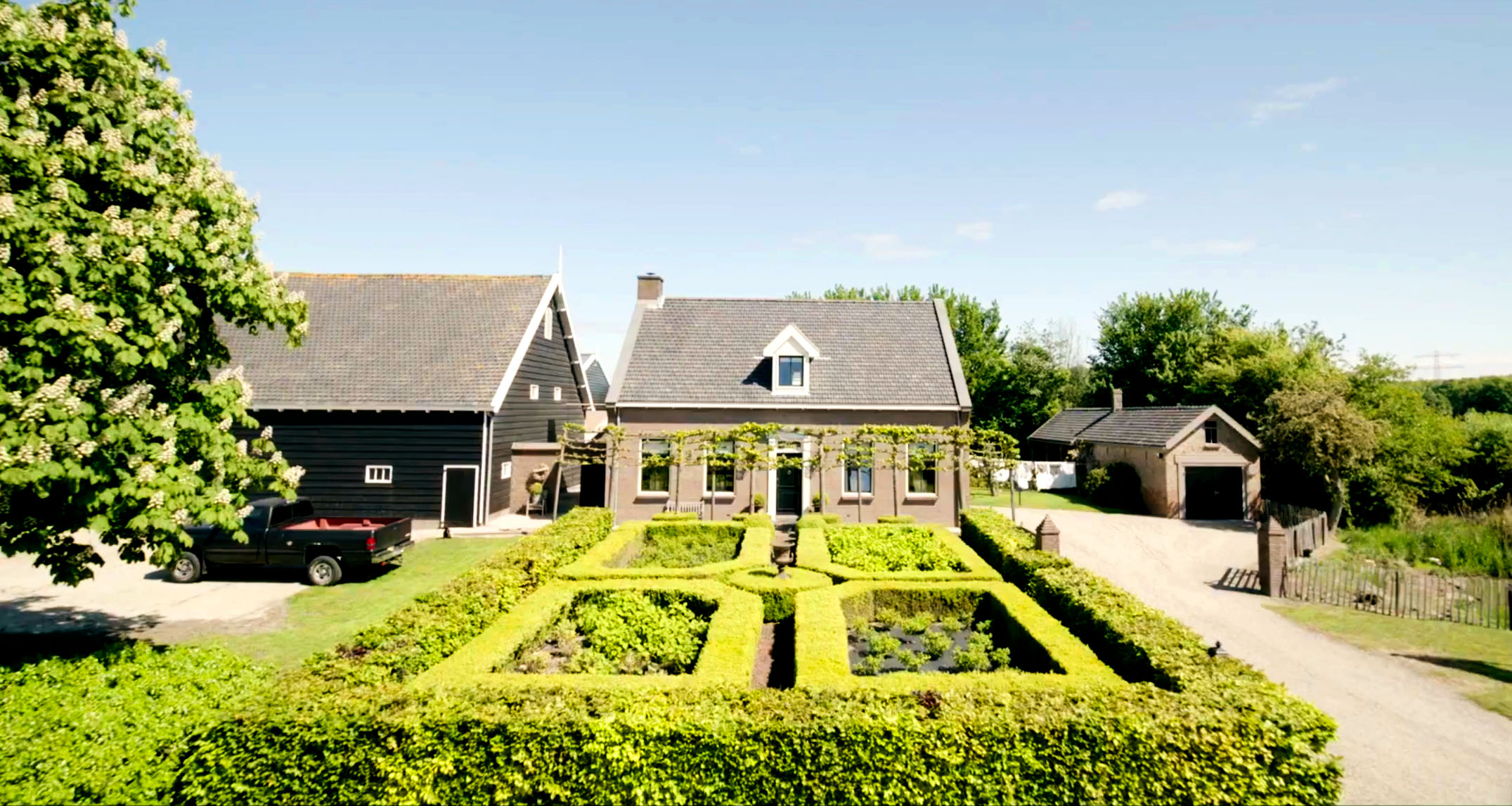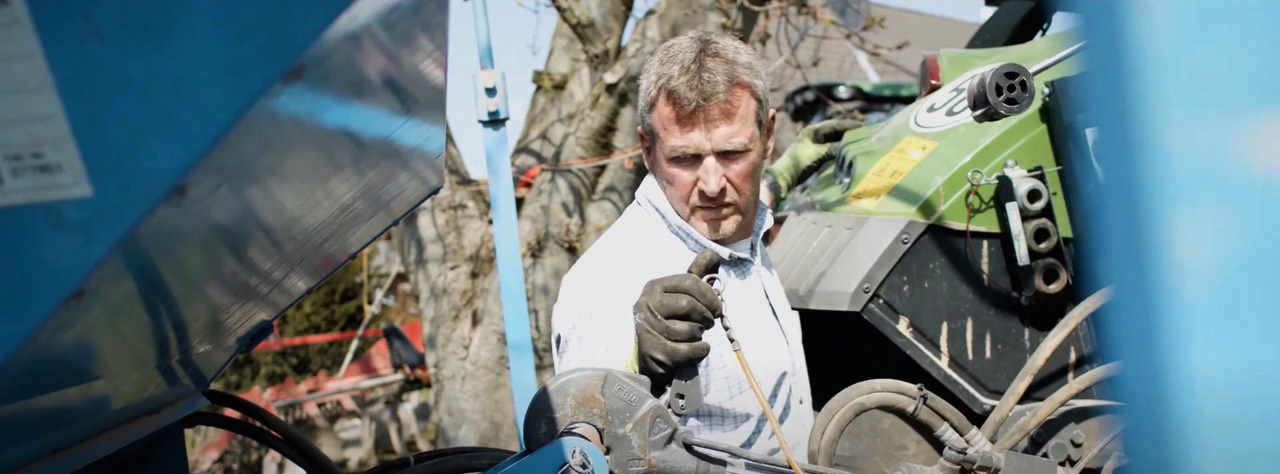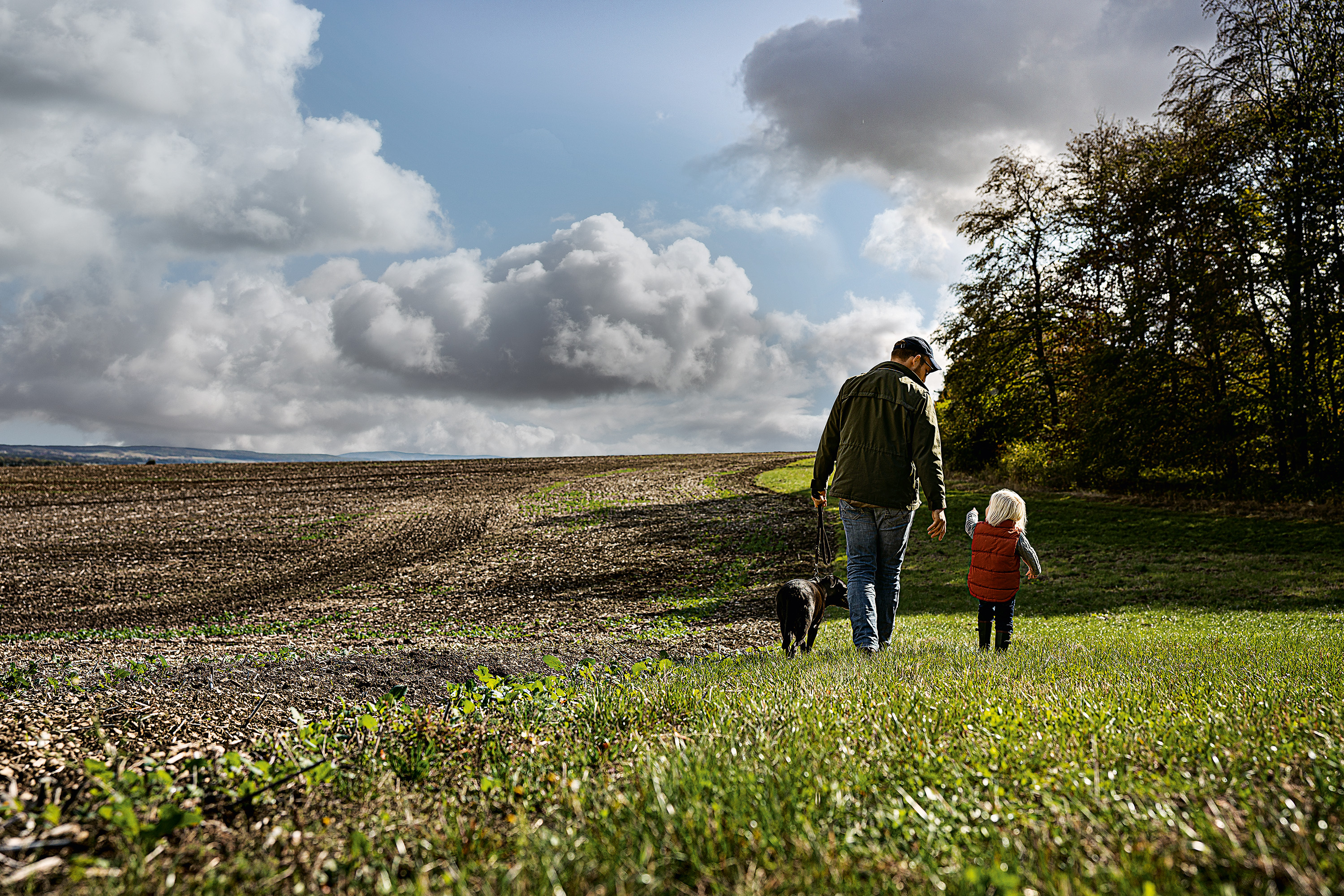Farming Insider: Sabo Farm
About Šandor Sabo and Šandor Junior
Family-run farm where two generations work together.
The Sabo family has been farming their land in Karanac, Croatia, since the beginning of the 20th century. Together with five employees, farmer Šandor Sabo works the farm with son Šandor Junior and his brother Atila.
Farm facts
Location: Karanac, Osijek-Baranja County, Croatia
Crops cultivated: corn, wheat, sunflowers, rapeseed, malting barley
Special features: SABO Farm has been named the best producer in Croatia for its cultivated crops three times already. The family farm received the “Golden Turnip” award for its high-quality crop production.
Whatever problems we are facing, we solve them together. For me, family is all about cohesion.
Question time
Šandor, together with your brother Atila, you have been managing the farm for several decades. What images stick in your mind from the early days of your career in agriculture?
Šandor senior: My brother had started studying economics but was still living at home. That was the start of our collaboration. Our father bought the first tractor, which was still the kind with iron wheels. Then he bought a Lanz Bulldog and a Wilson, which then had rubber wheels. We were the first in the village to have them. You have to remember that at that time not many people even knew how to drive a tractor like that.
It was with tractors that your son’s passion took root, as well.
Šandor senior: That’s right. Our son wasn’t even walking, he had to sit on our laps when he was in the combine for the first time.
Šandor junior: I grew up with tractors. As my father said, I was 2-3 years old when I held the steering wheel of a tractor for the first time during haymaking. I followed in my father’s footsteps at a young age, which meant there was no big introduction to the farm later on because I had already been involved with it all my life.
These days, the modernization of machinery goes hand-in-hand with the transformation of agriculture.
Šandor senior: When I think back to those old machines: tractors without air conditioning, with no insulation, with the dust blowing in in the midday heat at 40 degrees. The modern, almost hermetically sealed tractors with air conditioning are a major gain in terms of comfort. The next stage of development will be an automated tractor that we can operate from the edge of the field or even from the office.
Šandor junior: If I have changed the business in one respect after the generational shift, it is that all the farming is now focused on the modernization of machinery, digitization, the introduction of GPS devices and precision agriculture. I had to work pretty hard within the family to get this modernization going. My father didn’t really want the change because the benefits are not tangible at first glance. They cost a huge amount of money but you don’t see them. In the end, it was a matter of persuasion. I managed it and was able to prove that we can work much more efficiently with the machines.
Did your taking over the farm also require the same kind of persuasion?
Šandor junior: No, when I took over from my father there were no disagreements. We always got along well and supported each other. I can’t even say that now that it feels like I’ve taken over the job; it’s more like a role reversal these days, where I’m the one taking more of the lead. But my father is still there and backs me up, just like when I was a child. My father would take me out into the field with him whenever I wanted to go.
Šandor senior: It makes me proud that my son sees it that way. I am delighted that Šandor is continuing the tradition of our farm. The most important thing in a family business is that there is harmony. If there is no harmony, everyone pulls in their own direction and there is no progress. We manage the farm together and most of the time we are in agreement. Sure, sometimes there are a few disagreements, but that’s because everyone is allowed to bring their own opinions to the table. If there weren’t any disputes at all then there would be something wrong.
Šandor junior: I am also very proud that we function as a family in this business. We make all the decisions together. I'm proud that we have this strength: Whatever problems we are facing, we solve them together. For me, family is all about cohesion.
Šandor senior: When I was a child, my parents and grandparents taught me to be honest, not to cheat anyone, and to do a good job. That way, the people around you will respect you too. I hope that I was able to pass on these values to my son and that he will follow in my footsteps in that way.
Šandor junior: Always playing fair is one of the greatest values that my parents and grandparents passed on to me. With our agriculture and the food we produce, we make such an important contribution to people’s lives, so fairness is an important asset. If I have children, I will pass that on to them as well.
Looking ahead, the future holds not only great responsibility but also many challenges for agriculture. What hurdles do you already have in sight for the agricultural industry?
Šandor senior: We have just gone through the hardest time, which was the Covid pandemic. We were lucky to have had raw materials available in time and thus to have avoided contact.
Šandor junior: The biggest challenges in agriculture in future will be the droughts that we are facing more and more often. Here in Karanac, we have a water problem. I don’t know what the future will bring, but I hope that we don’t see one of these extreme years repeated any time soon.
Paving the way. For a fruitful tomorrow.
Farm life is often characterized by family cohesion and traditions that have grown over decades. Around the world, many generations live and work on farms under one roof, and at some point the question of farm succession comes up. Our new Farmer Portraits focus on this generational change that many farmers are facing. Young and old alike - we visited farmers on their farms to have them tell us about their stories, their challenges and their hopes.
Your contact
